The Global Library of Women’s Medicine
Loading...
Enhancing the Welfare of Women
Expert Health Information for Women
Breastfeeding

The Global Library of Women’s Medicine
(www.glowm.com)
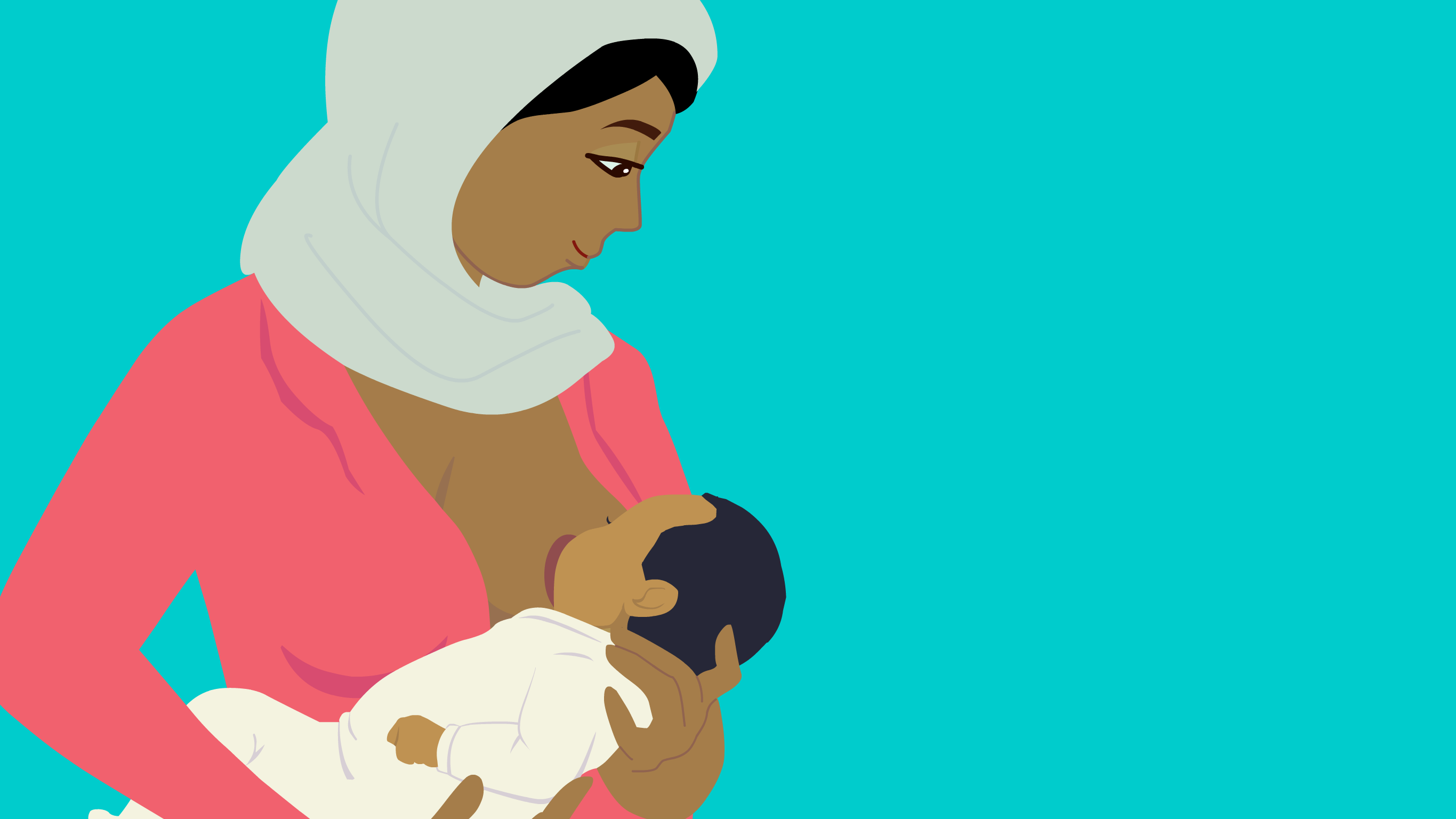
Breastfeeding is important because it gives nutrition to your baby and helps you to develop a bond.
Breastfeeding can also help to protect you and your baby from some illnesses.

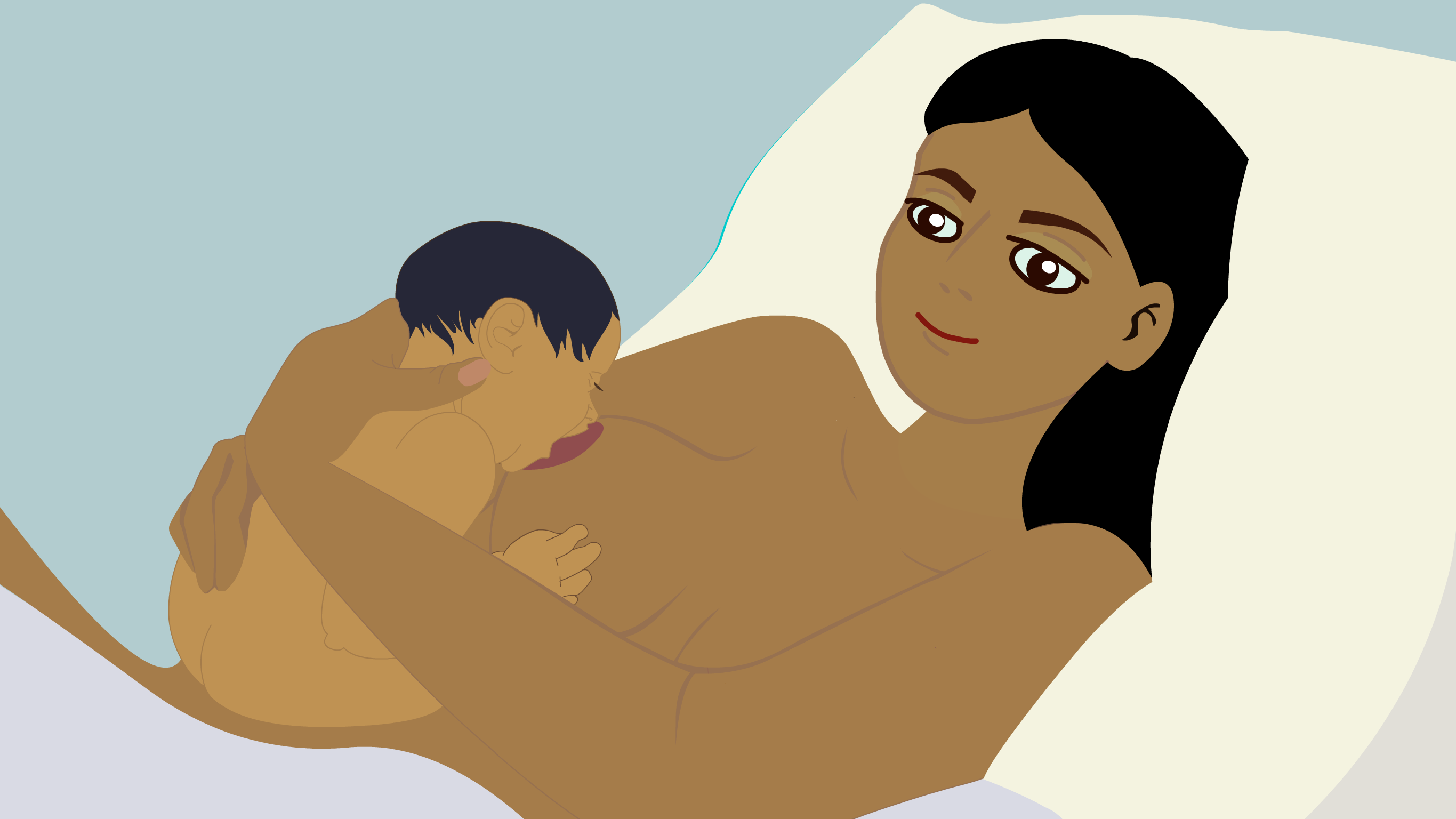
Breastfeeding your baby in the first hour after birth is really important and it is the best start to your baby’s life.
Placing your naked baby next to your naked skin, is called skin-to-skin contact. Putting your baby skin-to-skin with you straight after they are born helps the baby to get to know you.

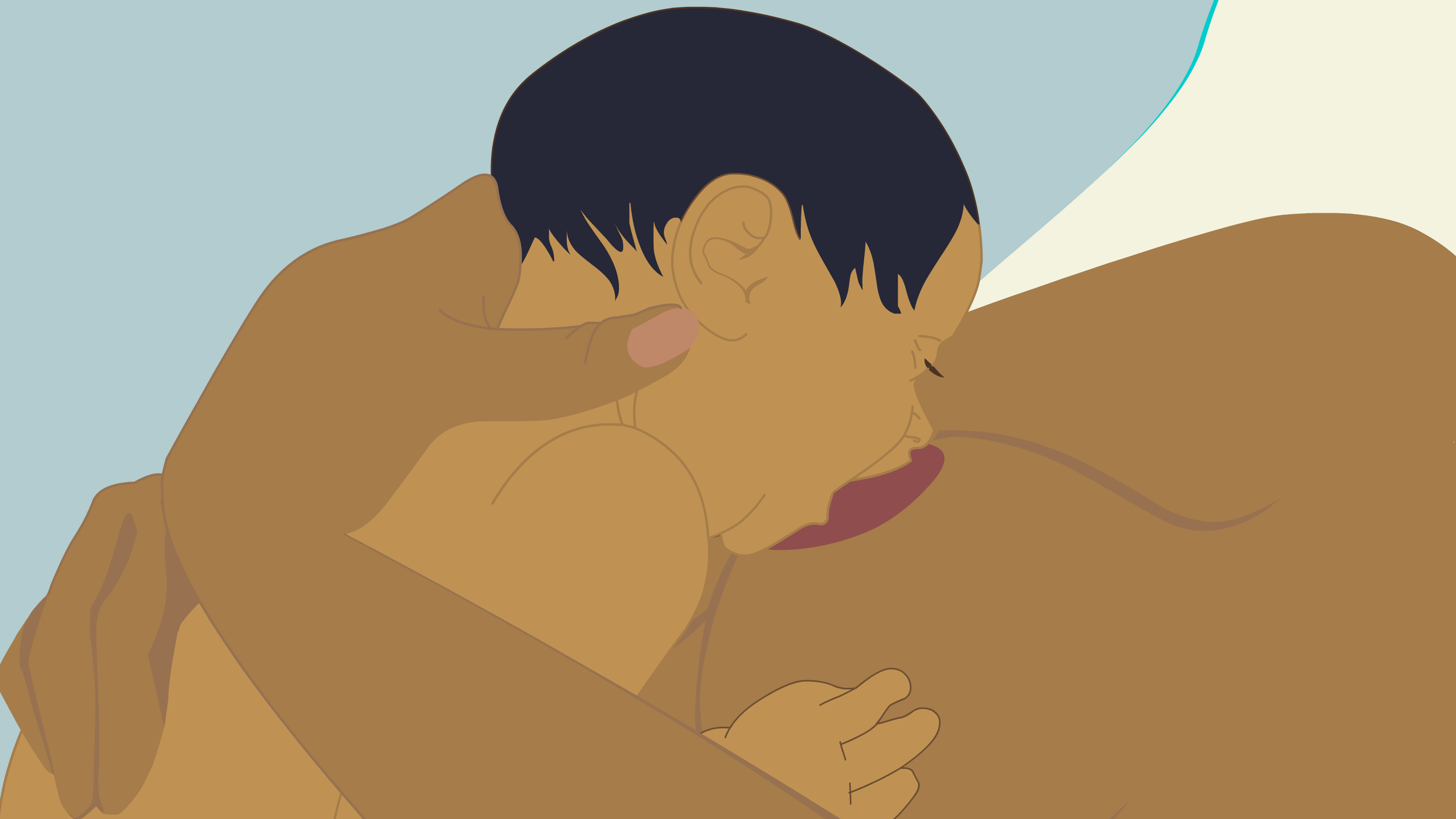
This makes the baby feel calm, and can help your baby to breastfeed.


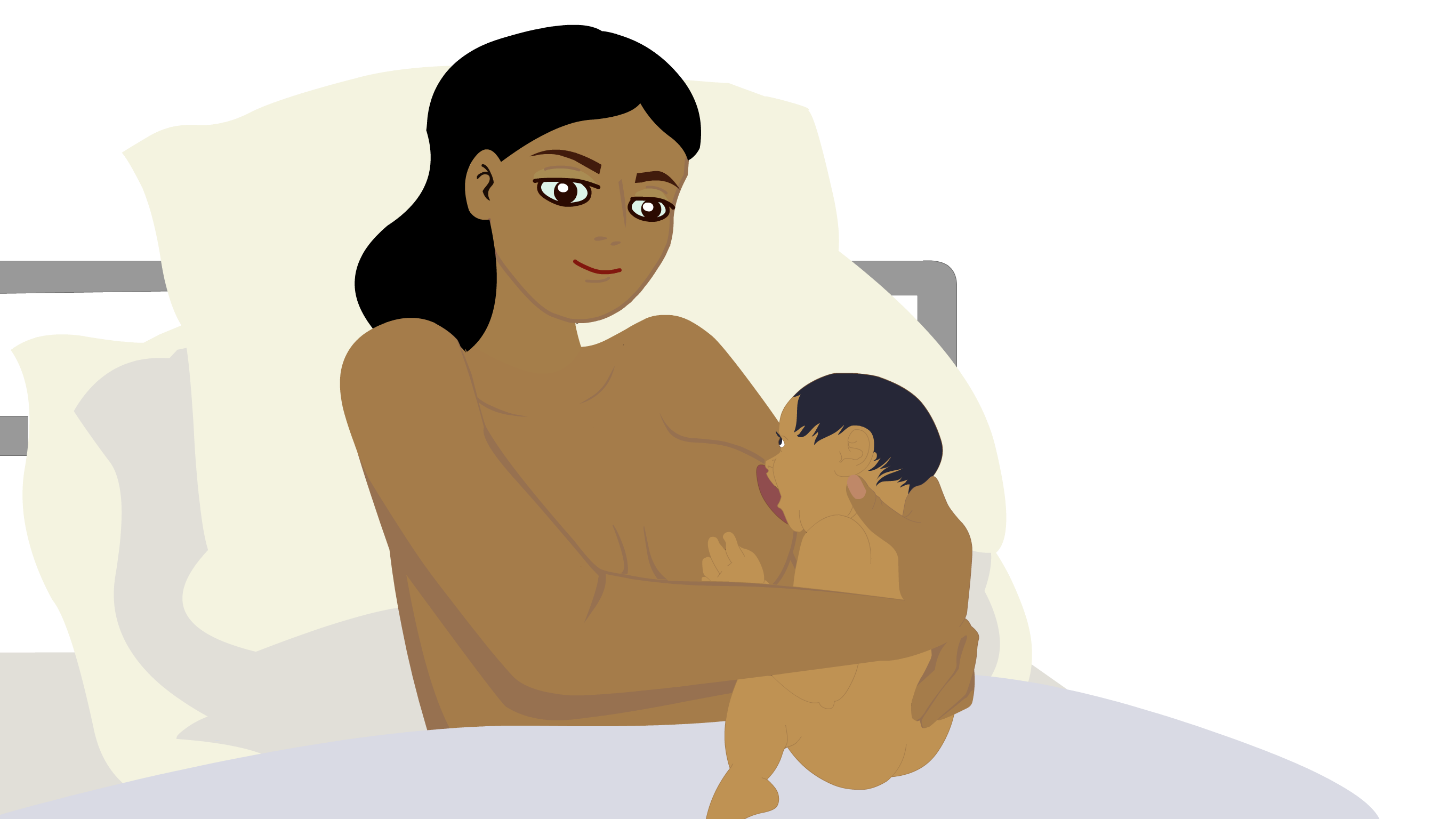
Skin-to-skin contact between you and your baby straight after birth helps your body to release a hormone that helps mother and baby bonding.


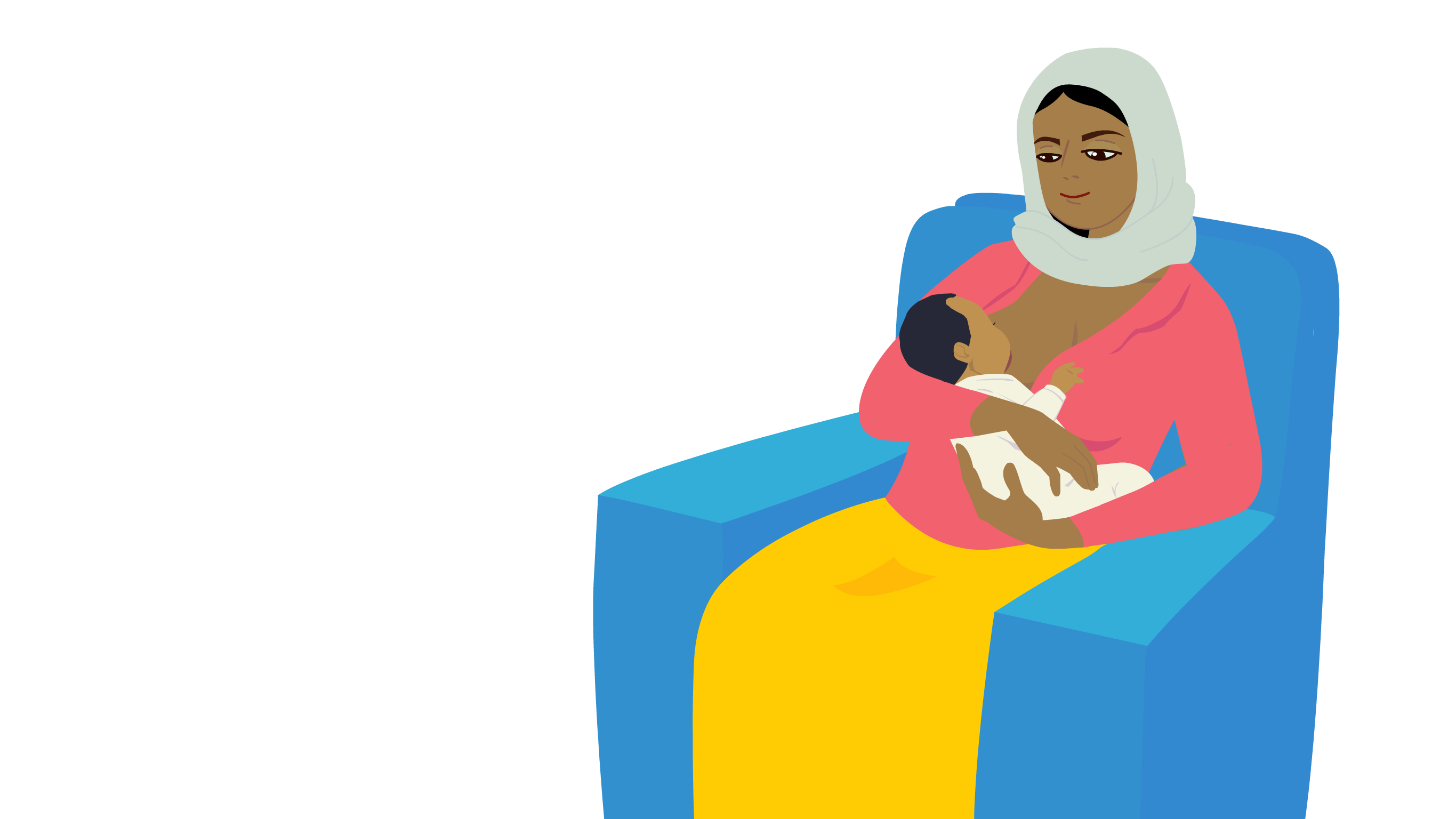
Breastfeeding works best when your baby drinks only breast milk for the first 6 months of their life. This is called exclusive breastfeeding.

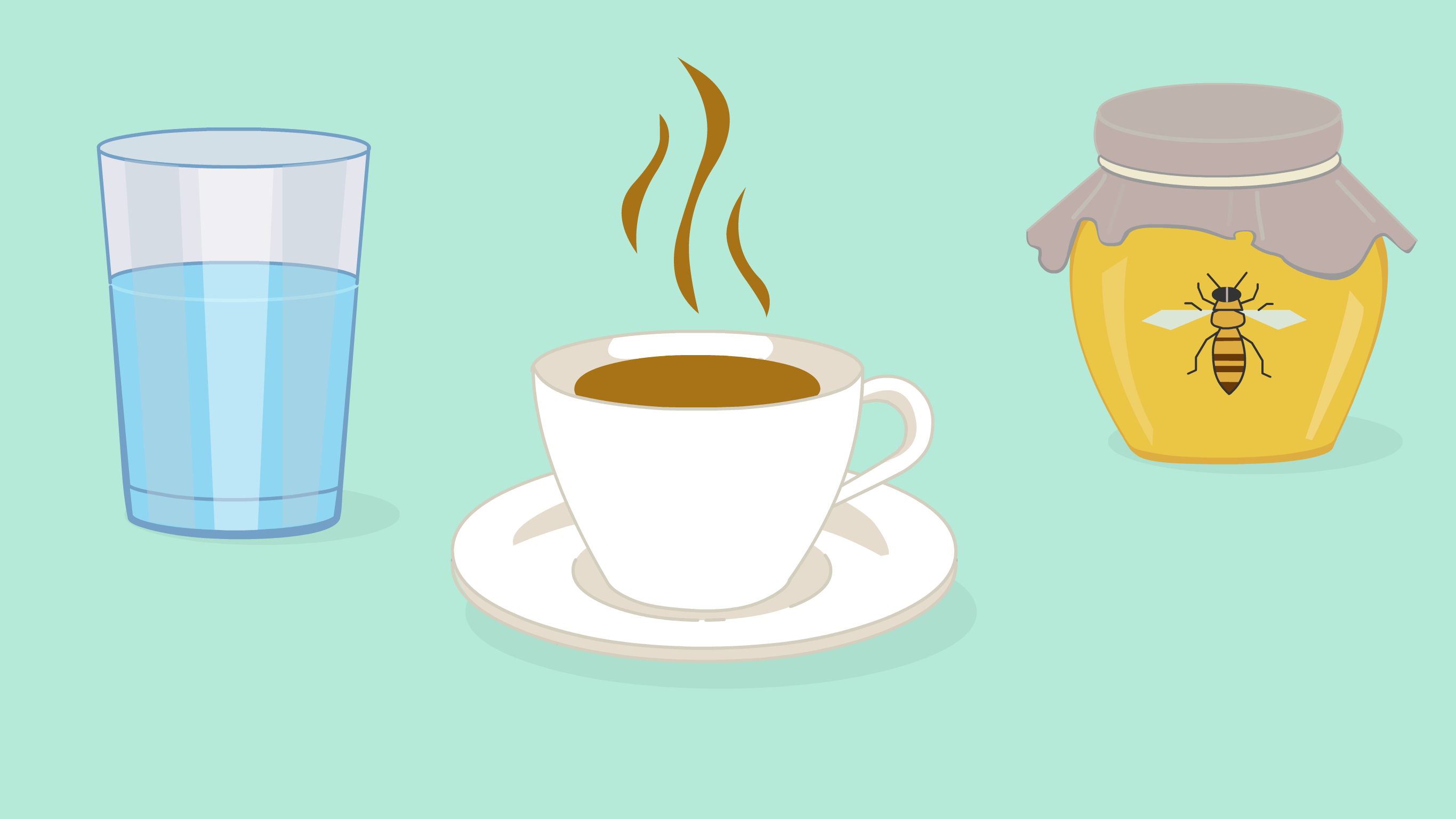

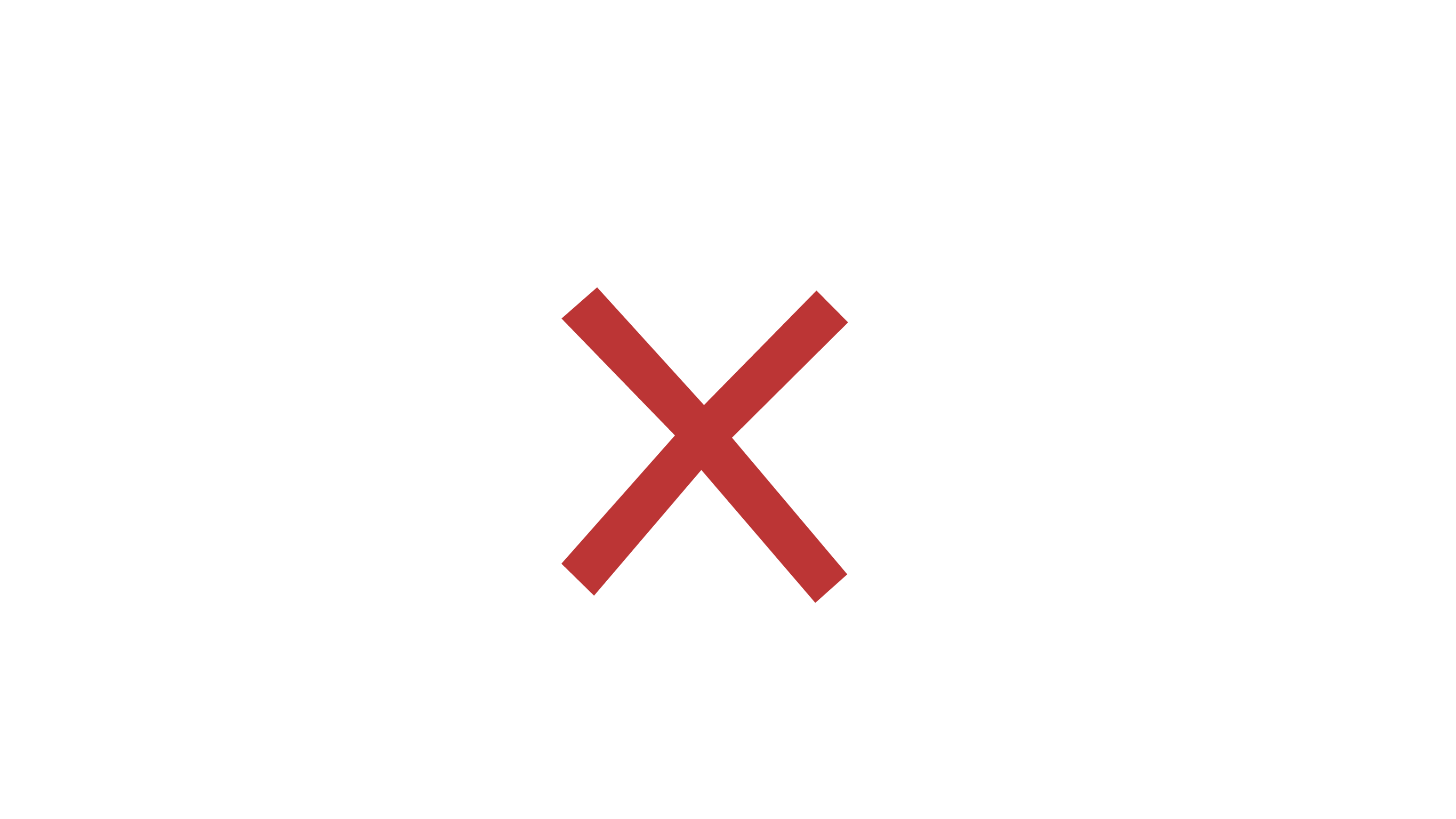

Giving your baby water, tea, honey or other food and drink in the first 6 months may make your baby sick.

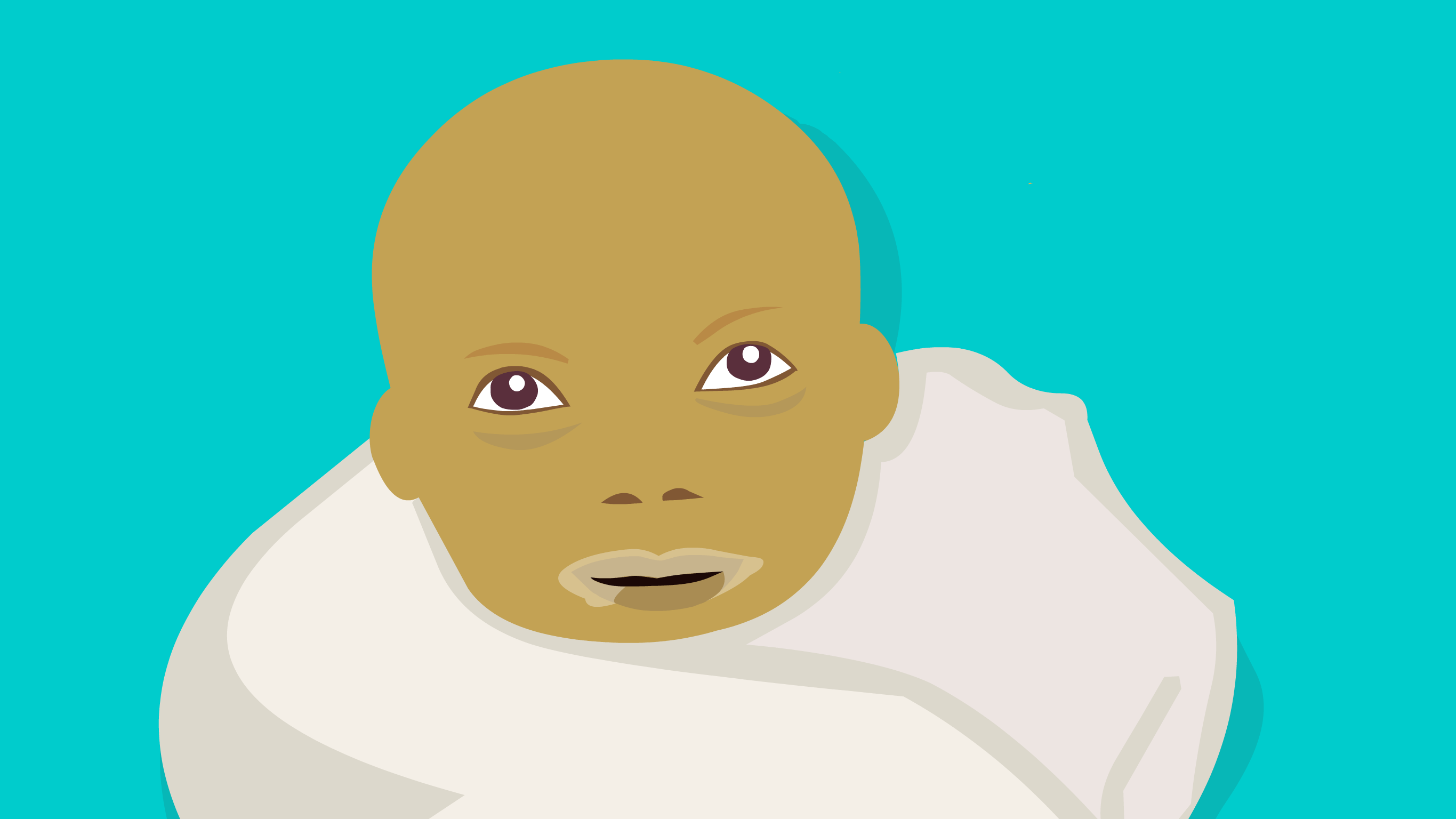
Breastfeeding helps your baby to grow well and stay healthy.


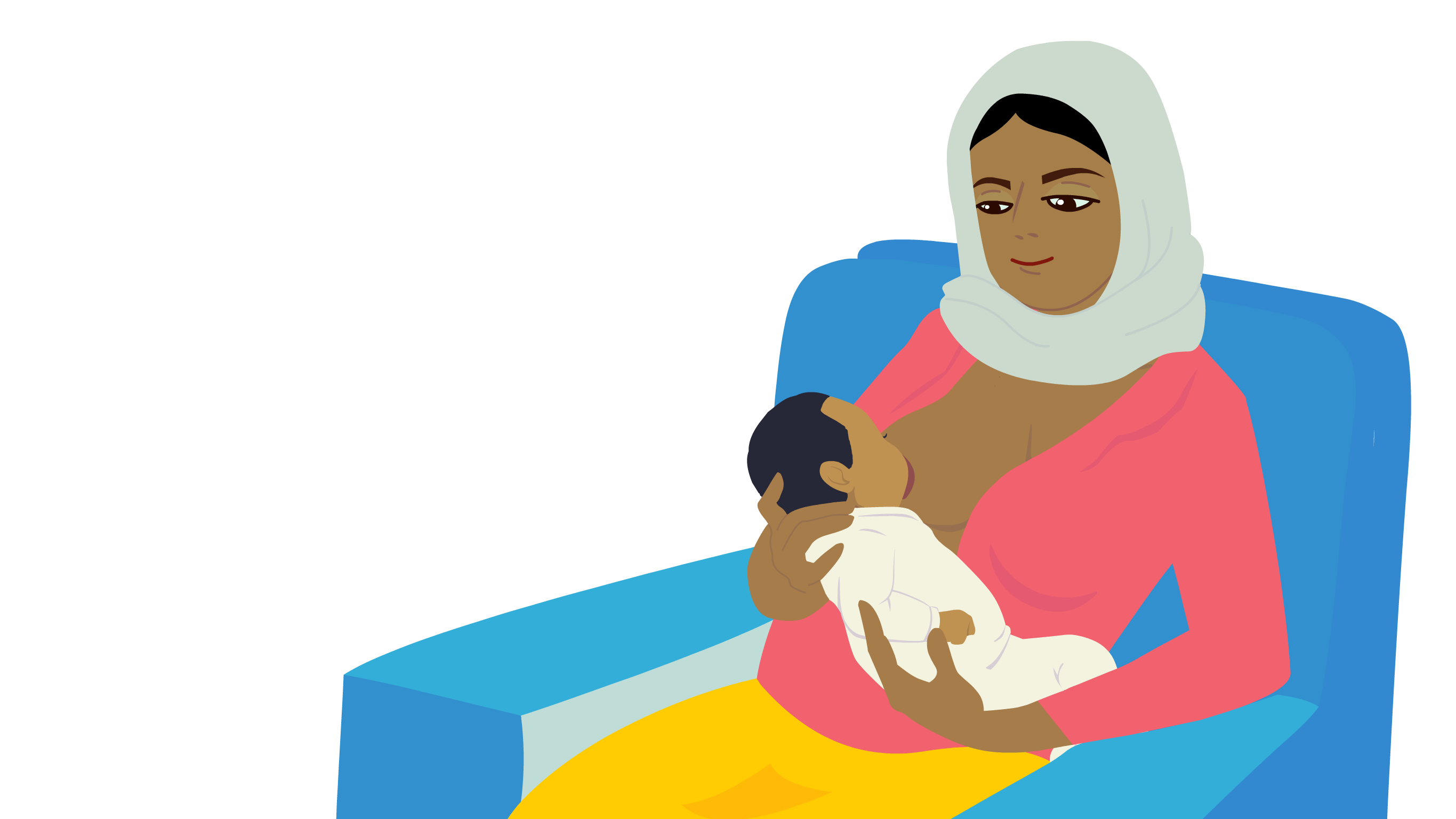
There are lots of good things about breastfeeding.


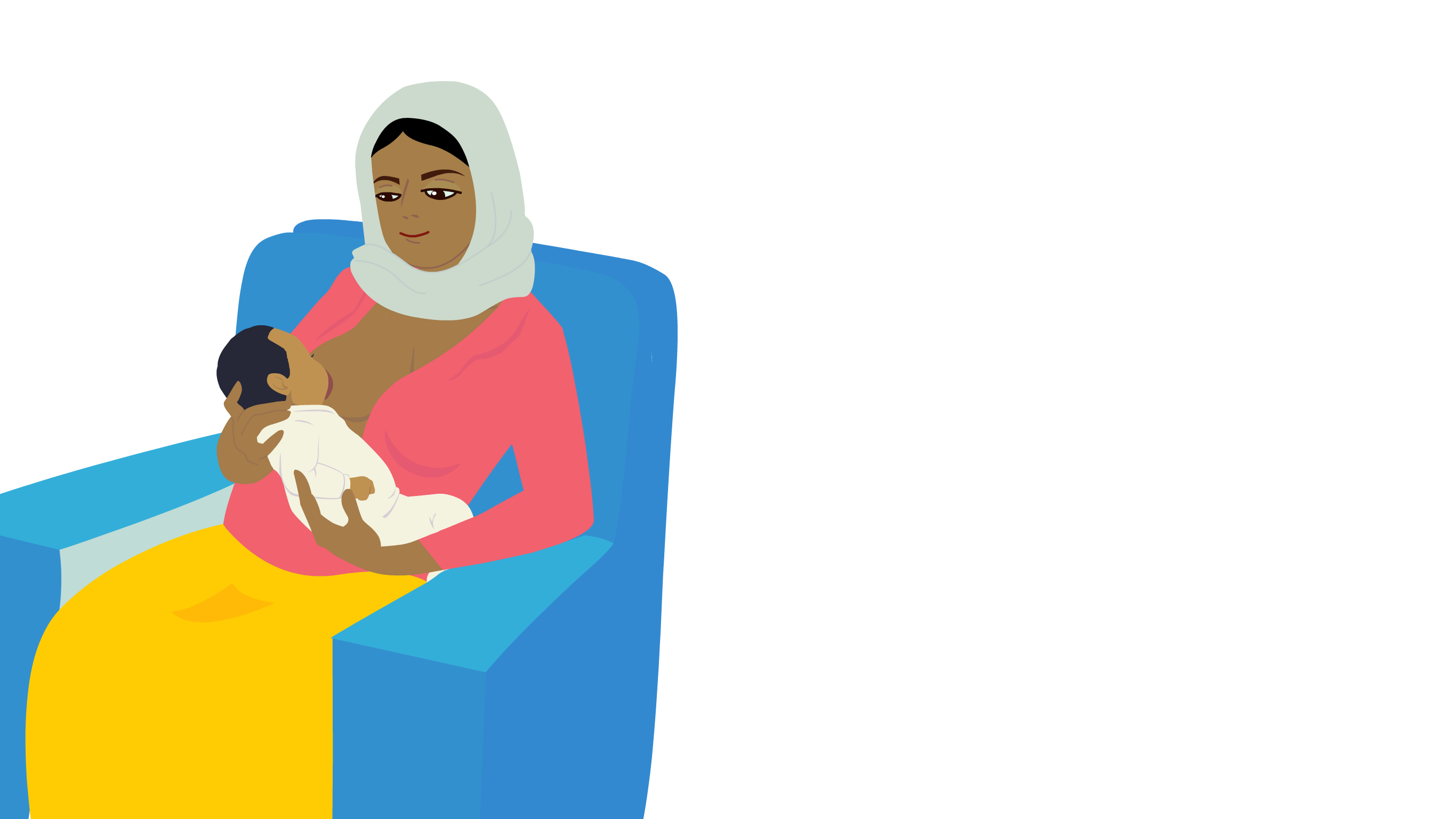

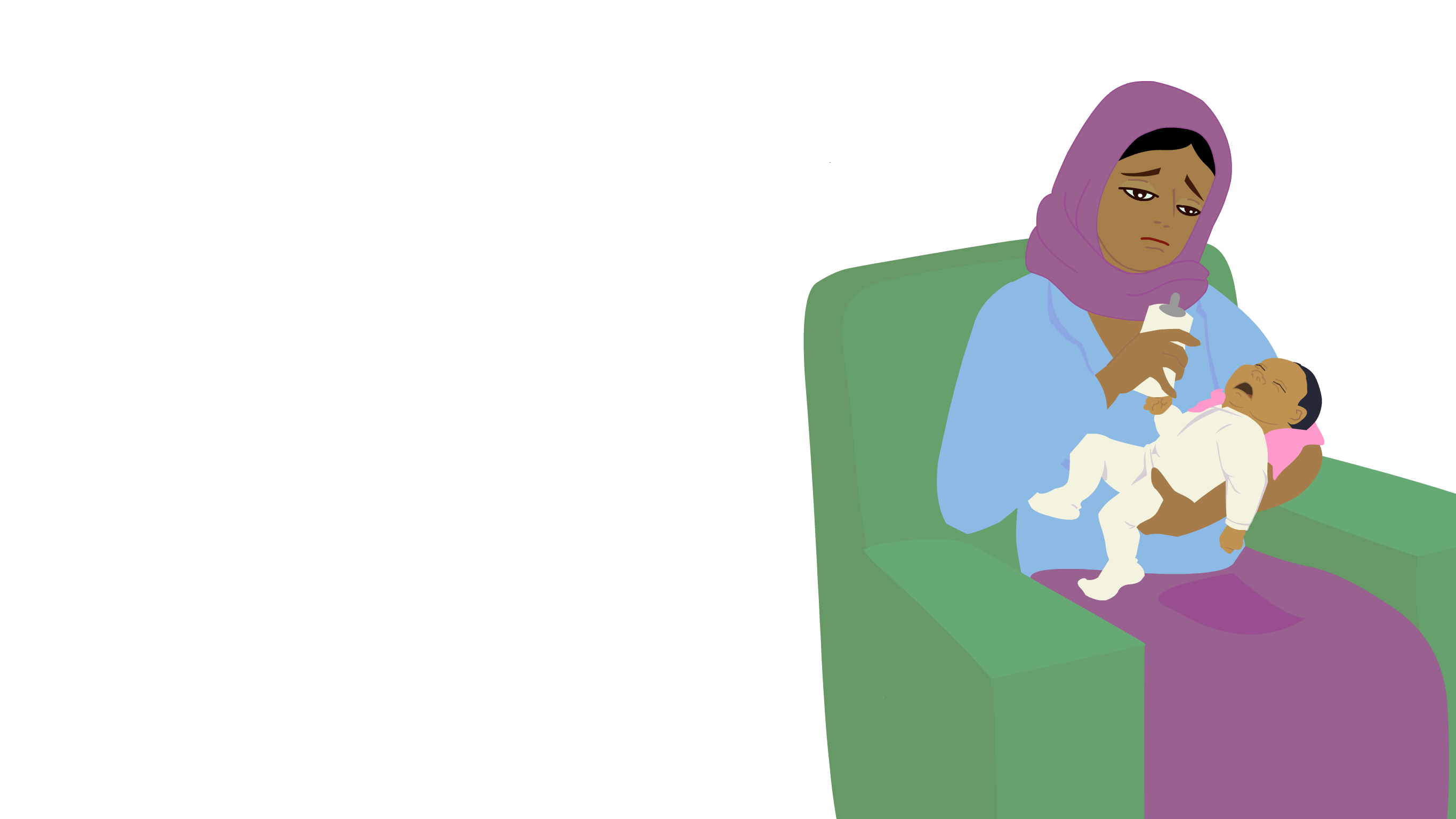

Babies who are only fed breast milk in the first 6 months of life are more likely to be strong and healthy.
They are also less likely to get infections, diarrhea and constipation than babies who are given water, other drinks or solid food before they are 6 months old.


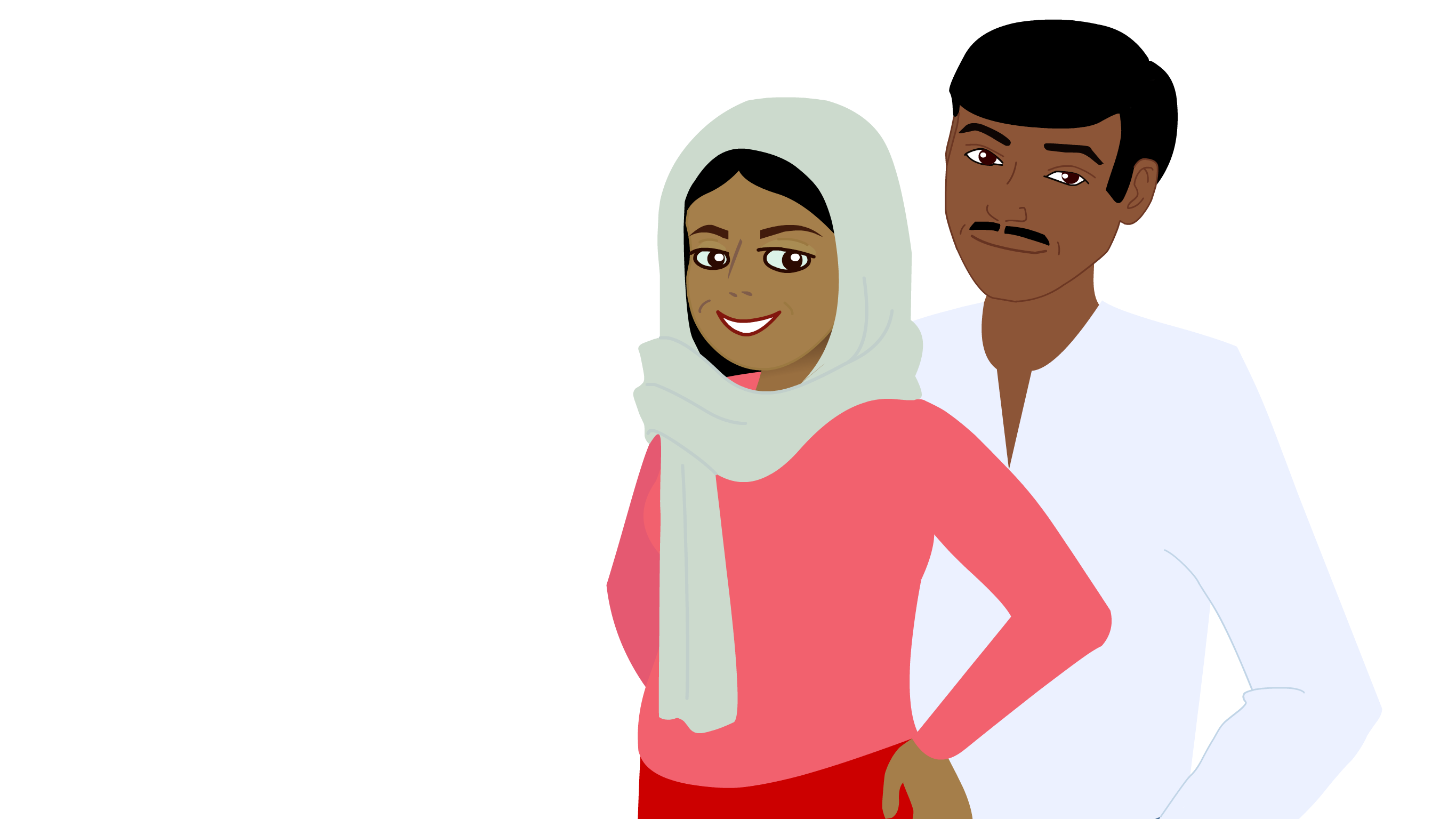
Exclusively breastfeeding your baby for the first 6 months of their life can act as a natural form of family planning.


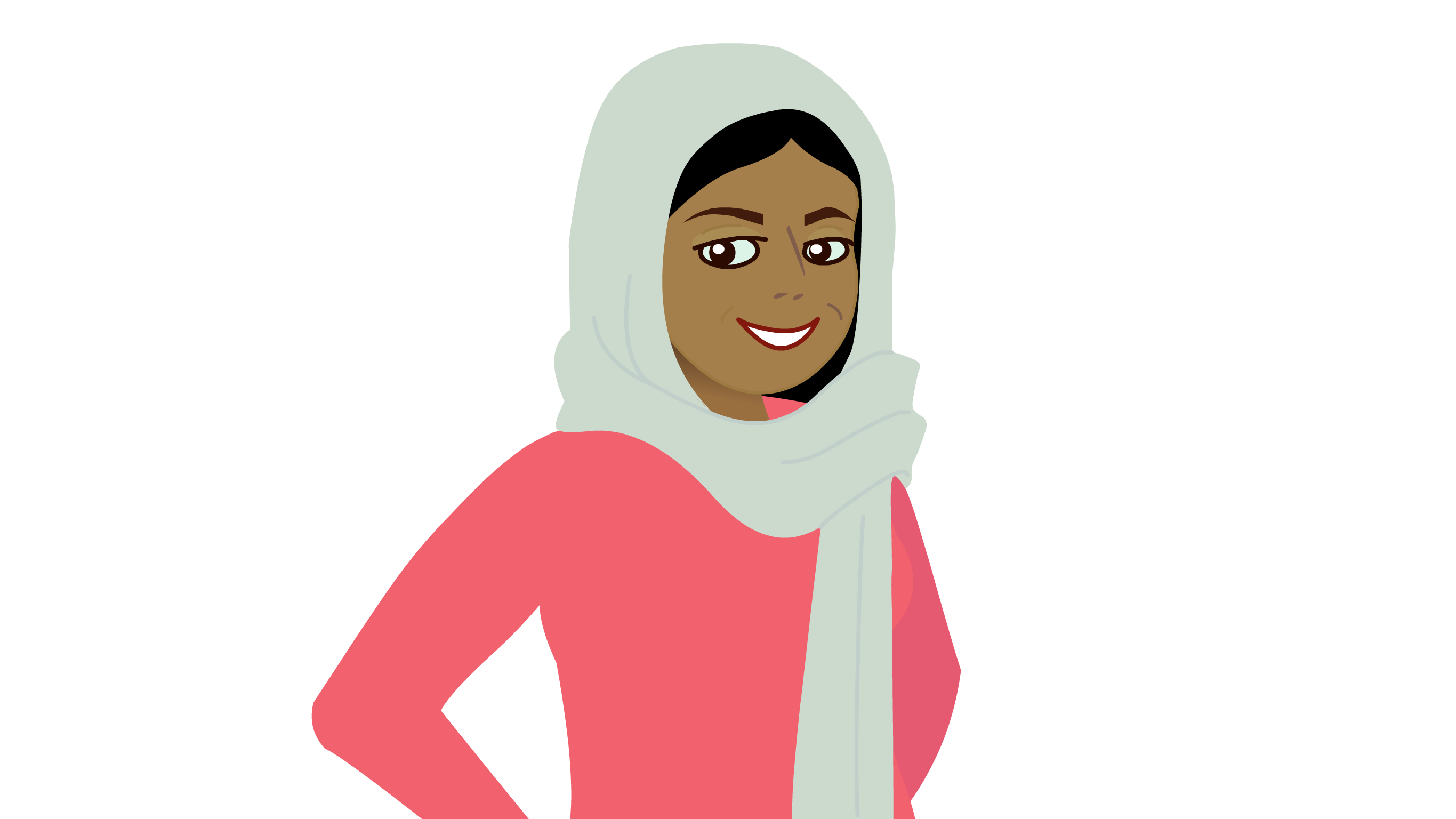
Mothers who exclusively breastfeed may also have less risk of getting breast cancer.

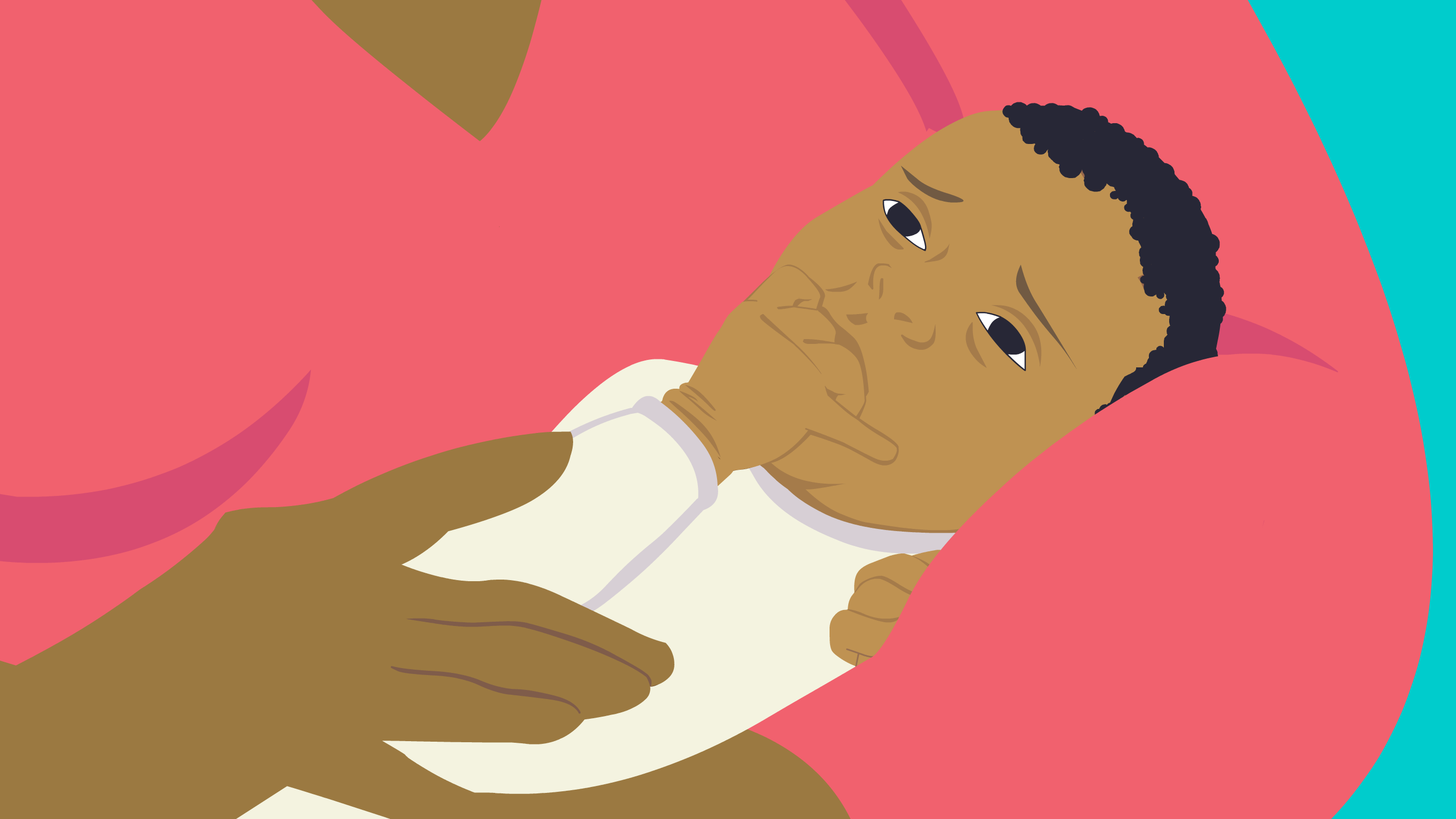
It is good to keep your baby close to you, so you can see when it is getting hungry.
When your baby wakes up, and starts to move their mouth, lick their lips, or put their hands in their mouth, it could mean that the baby is hungry.

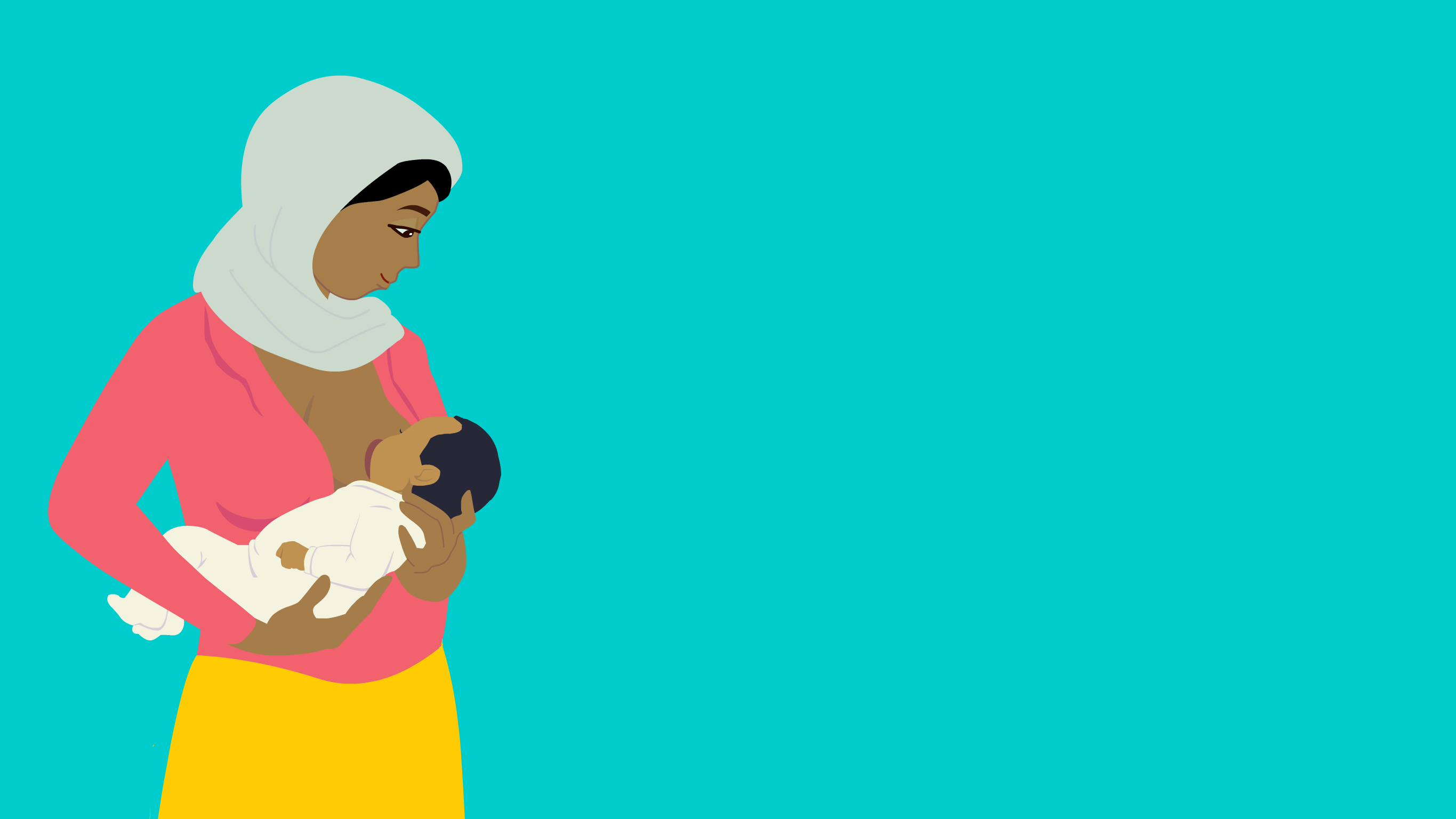
If your baby does any of these things, you can offer your baby a breastfeed.
To make sure your baby gets all the milk they need, and that your breasts do not get sore, your baby must attach to your breast in the right way.

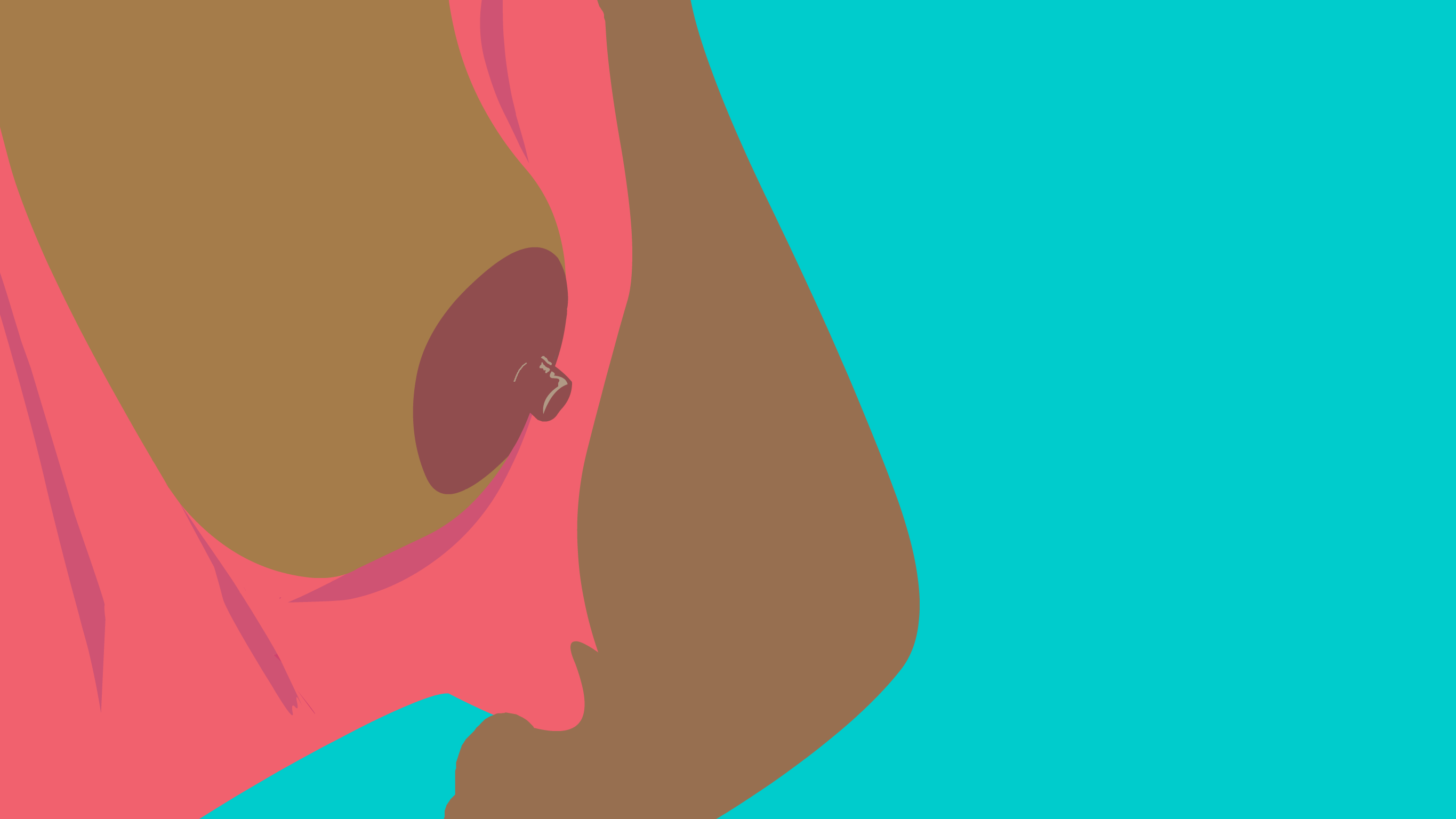
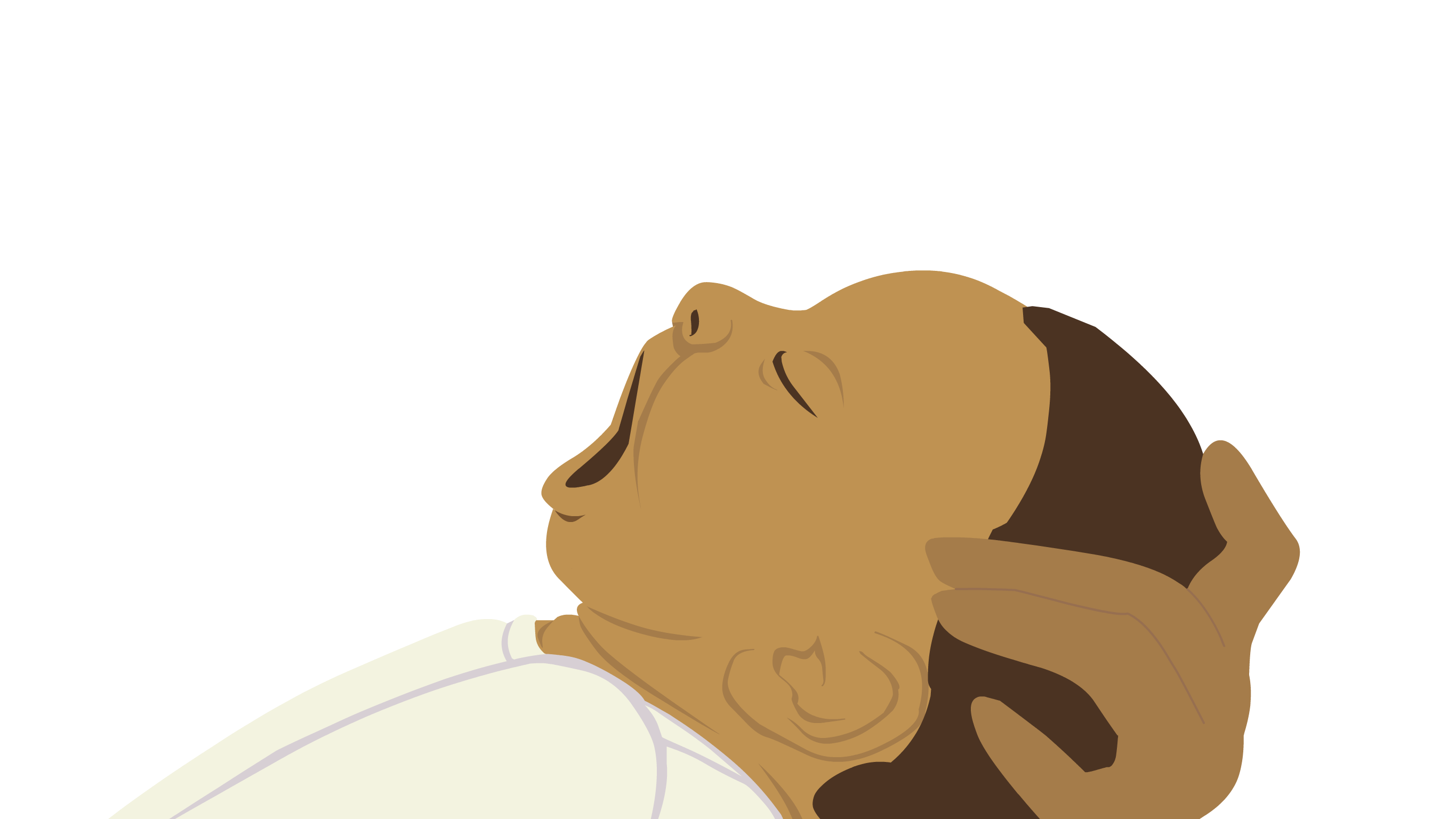
Make sure your baby’s head is free and can move. This lets the baby move their head and open their mouth wide.

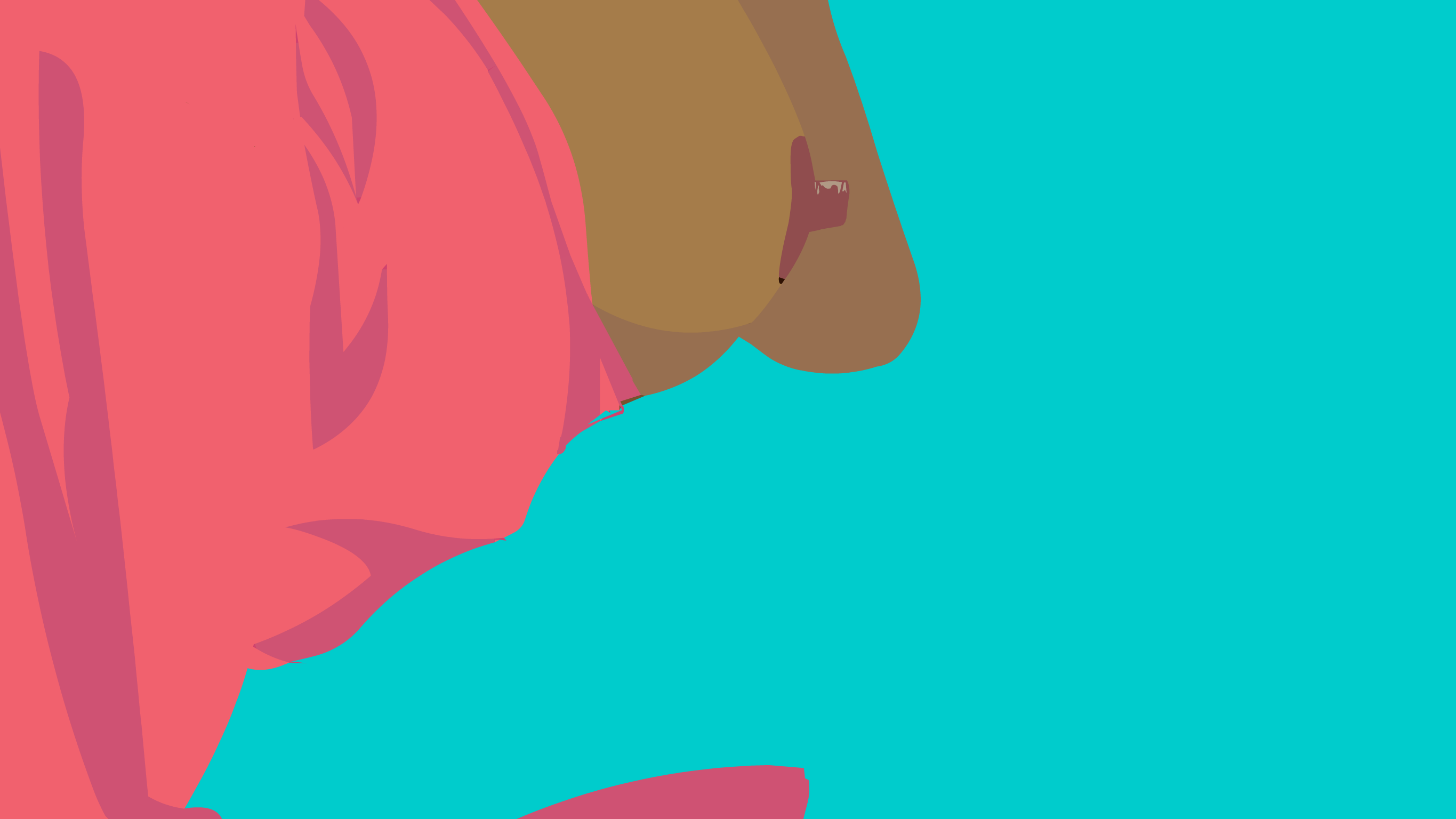
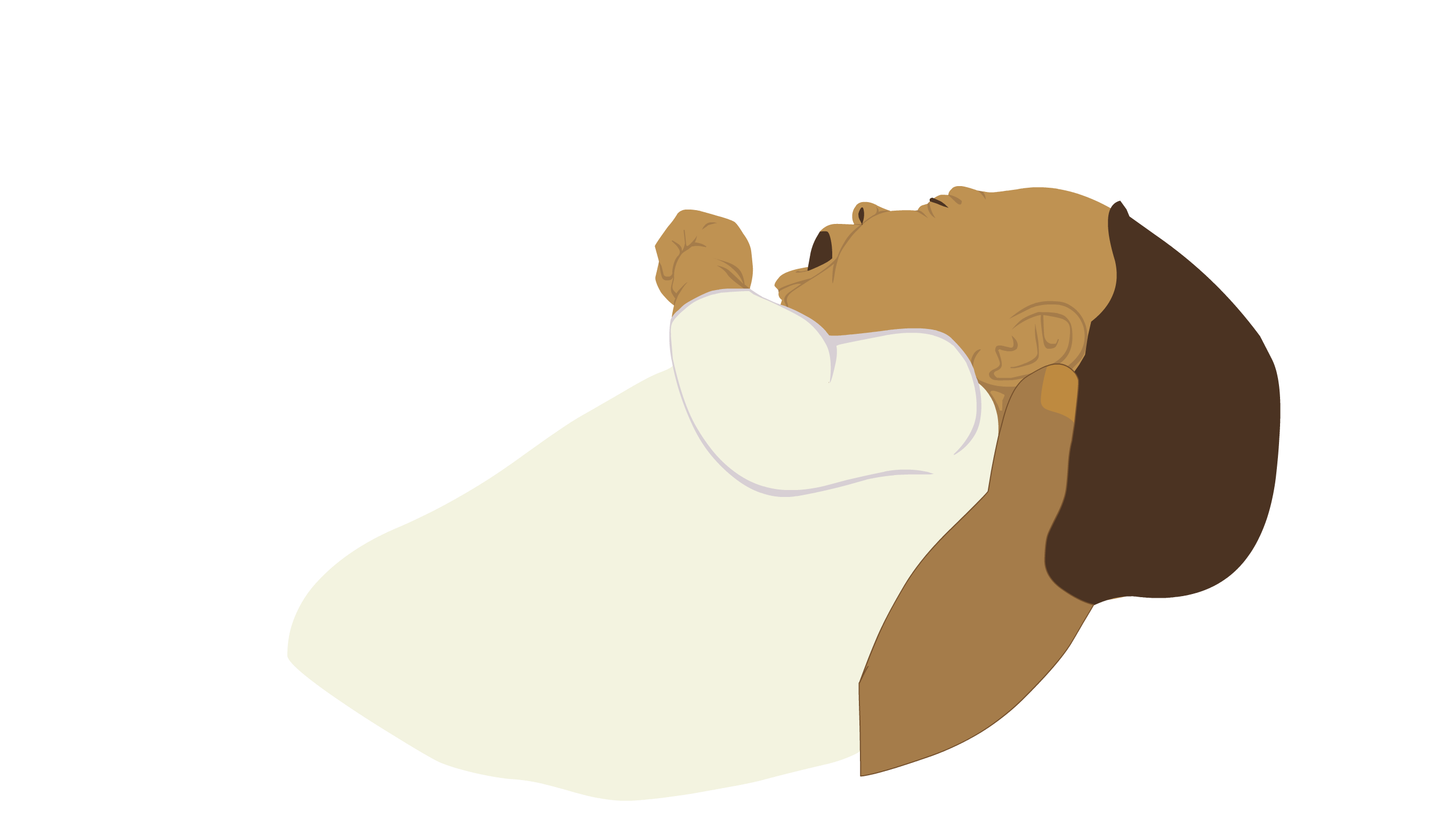

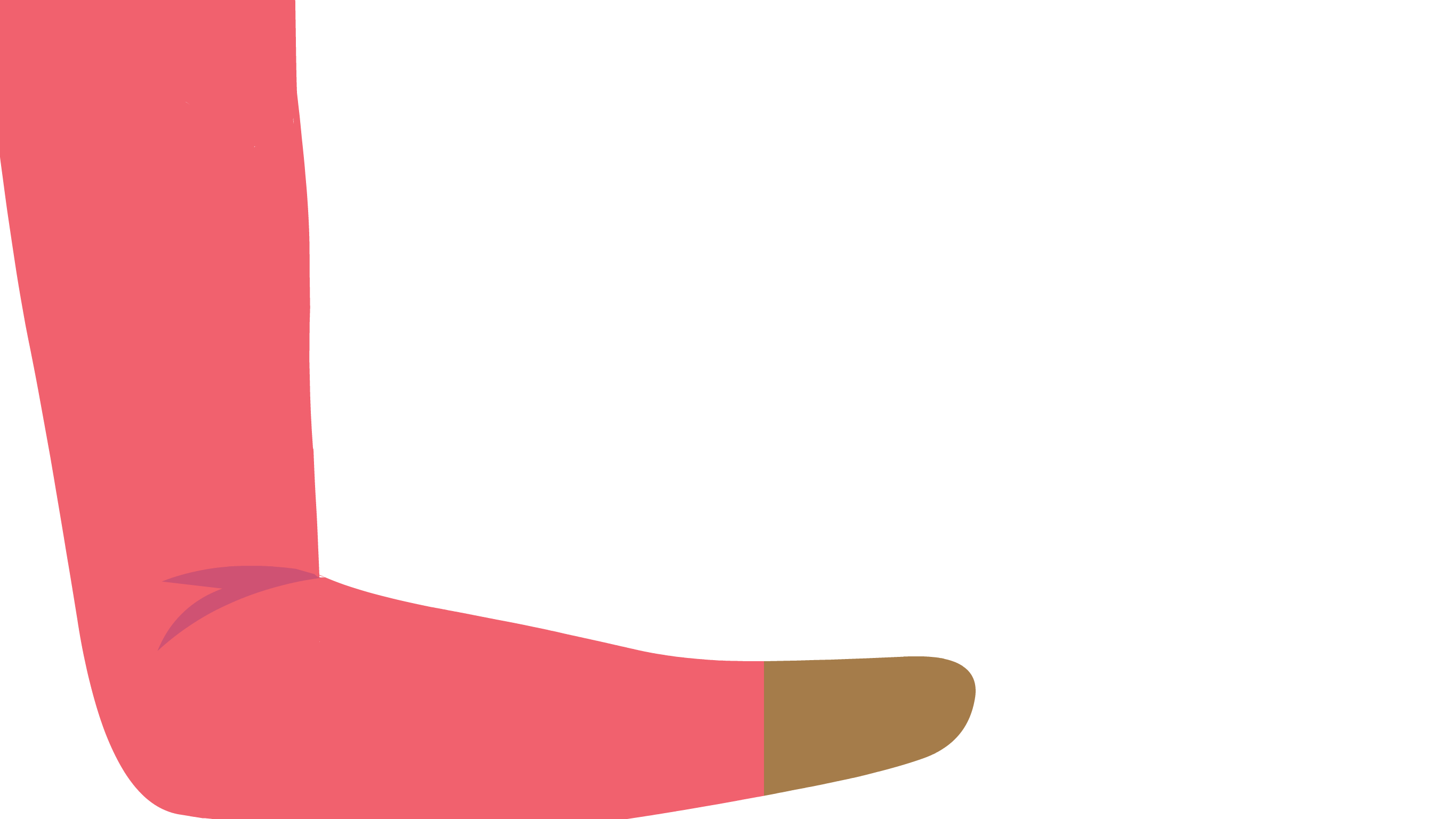
Your baby’s head and body should be in line. It is hard for your baby to feed if their body is twisted.


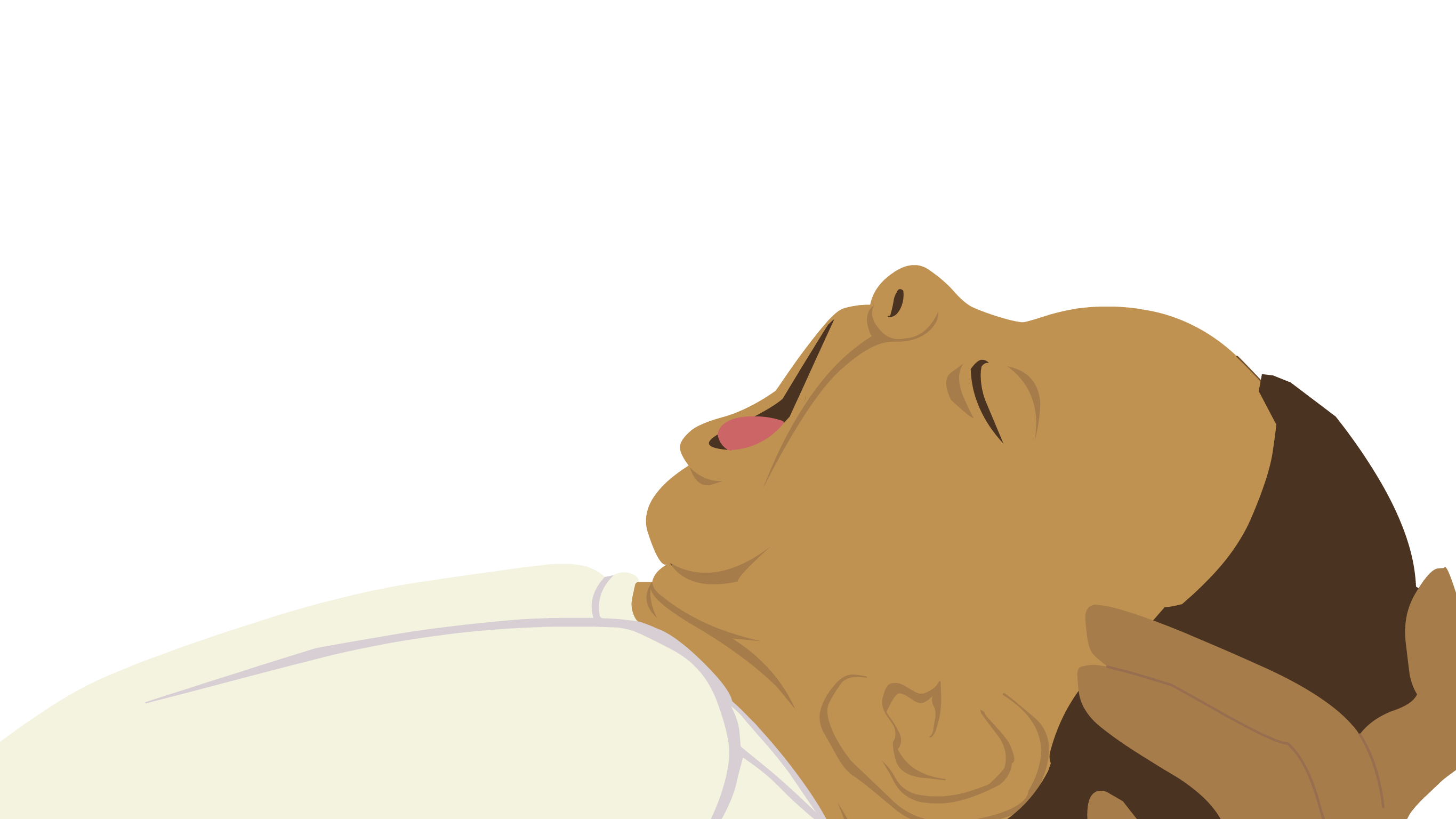
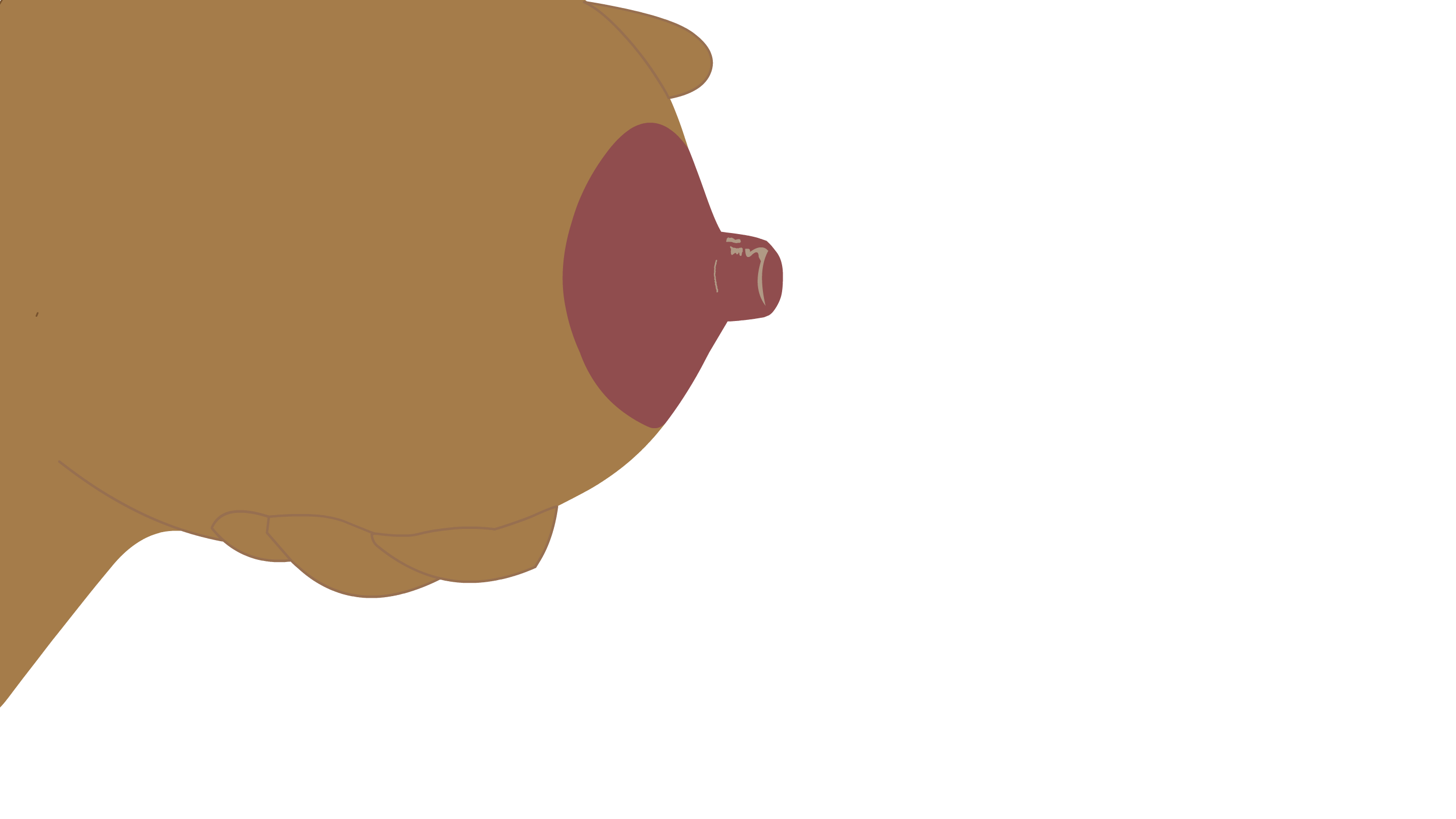

Your baby’s nose should be in line with your nipple before they feed.
Then when your baby opens their mouth, they can take a big mouthful of breast tissue, and your nipple will be at the top of their mouth.

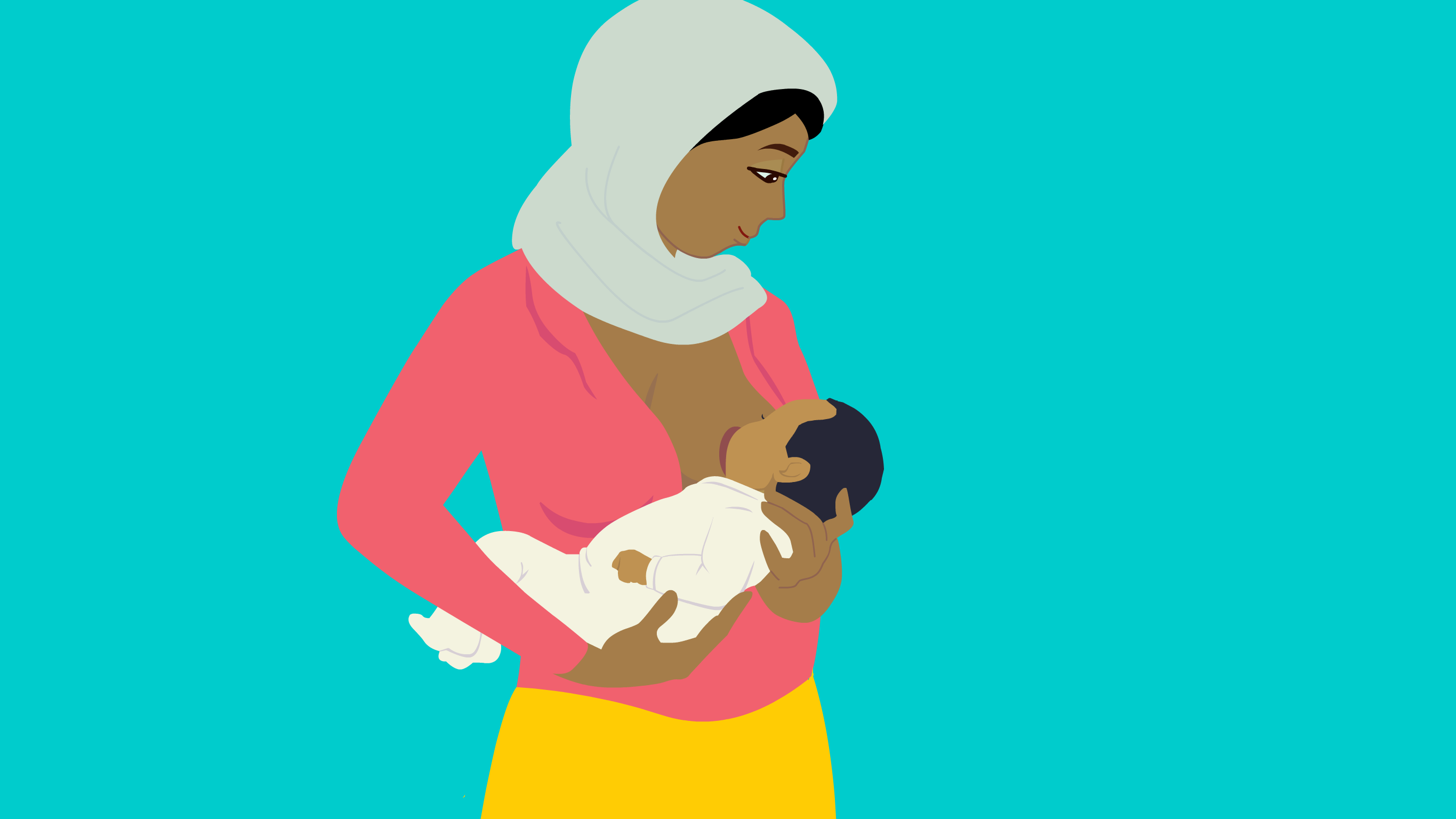
You should bring your baby to your breast so that they can be comfortable during the feed. If you take your breast to your baby, this could cause you pain and the feed may be too short.
Make sure you are comfortable when you are breastfeeding. Your baby should also be relaxed and comfortable.

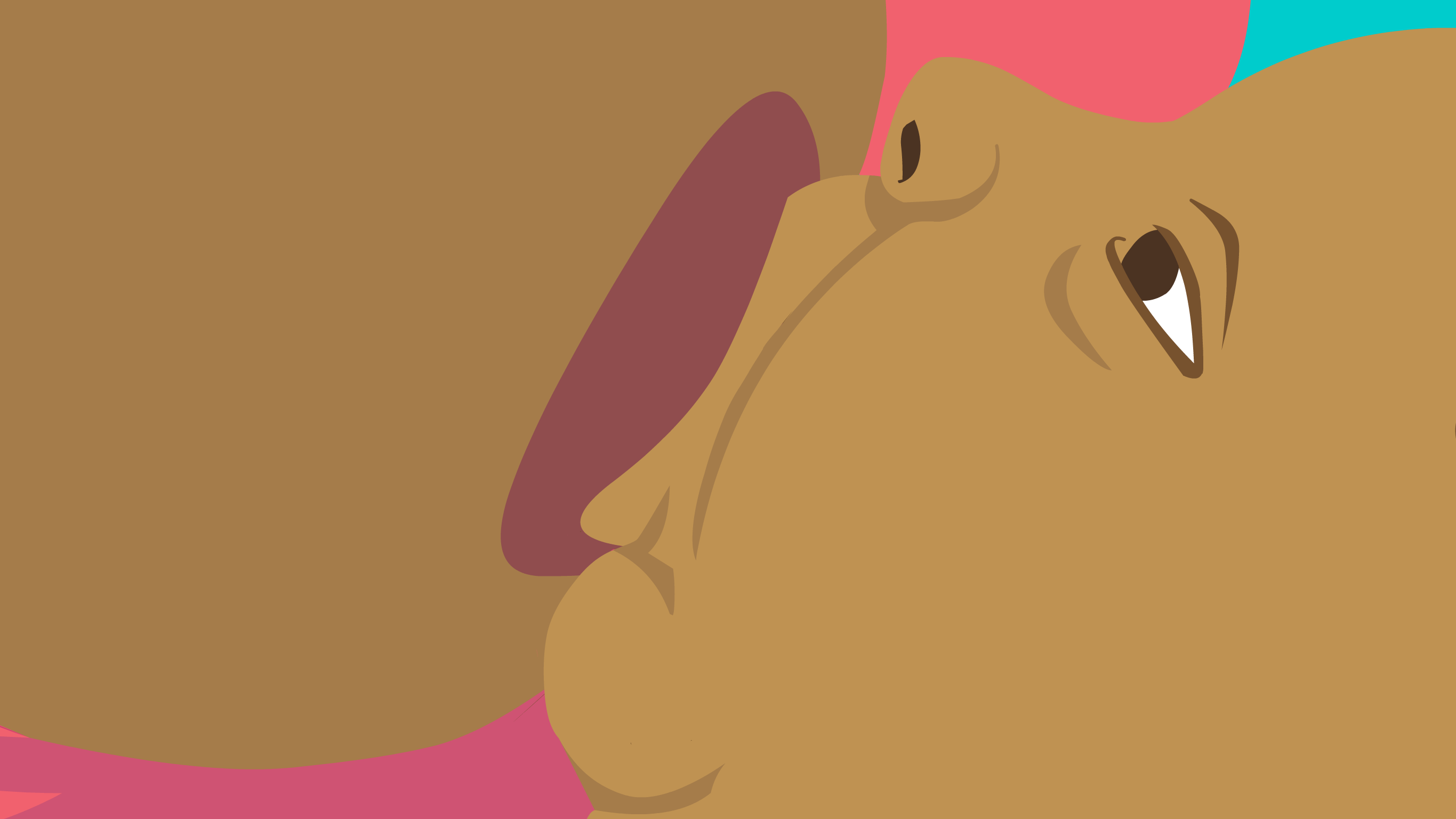
There are many ways to know that your baby is getting enough breast milk.
Your baby’s mouth will be wide open when they are feeding, and their chin will touch the breast.

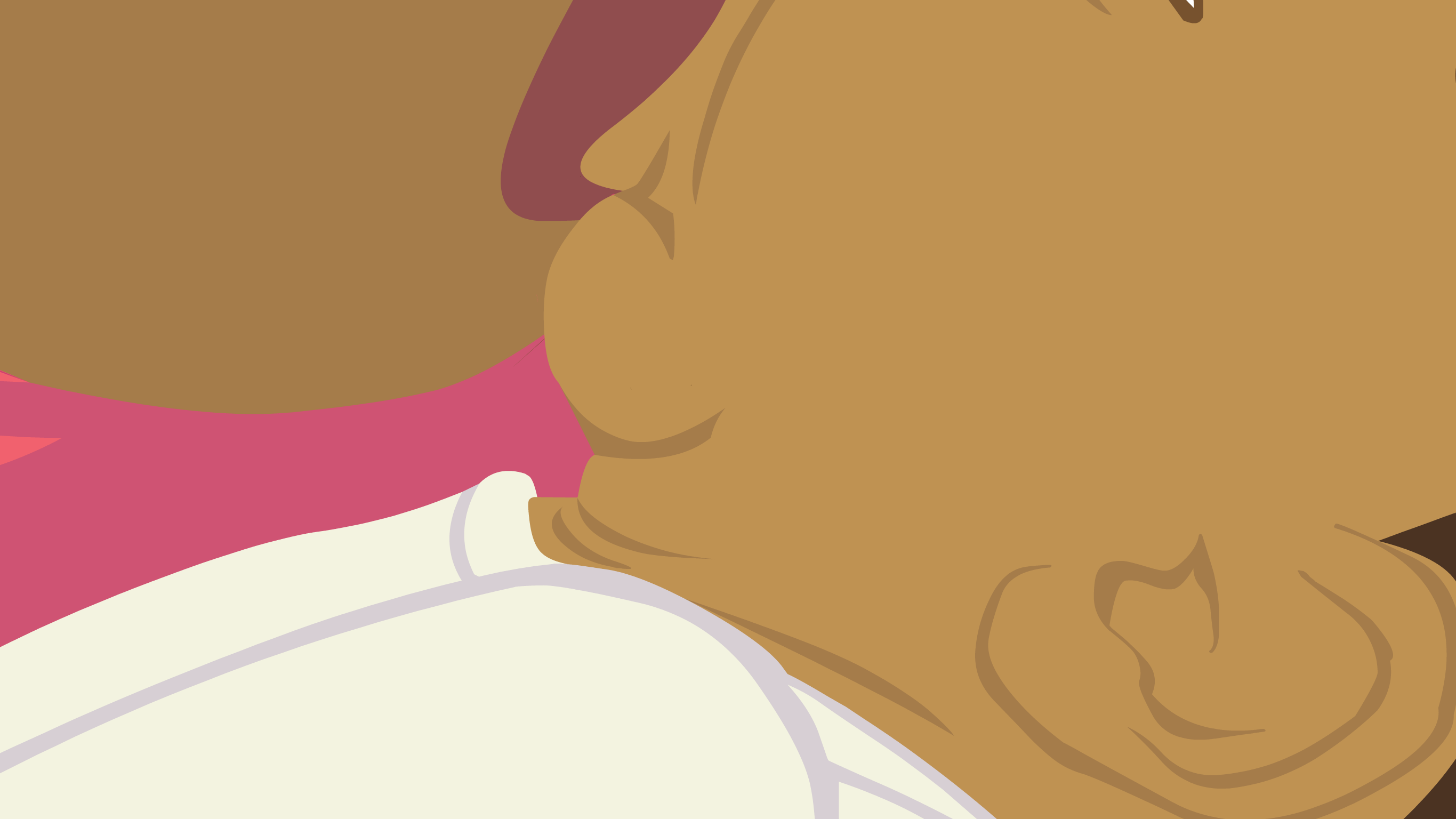
Your baby will pause when feeding and you will be able to see your baby swallowing.


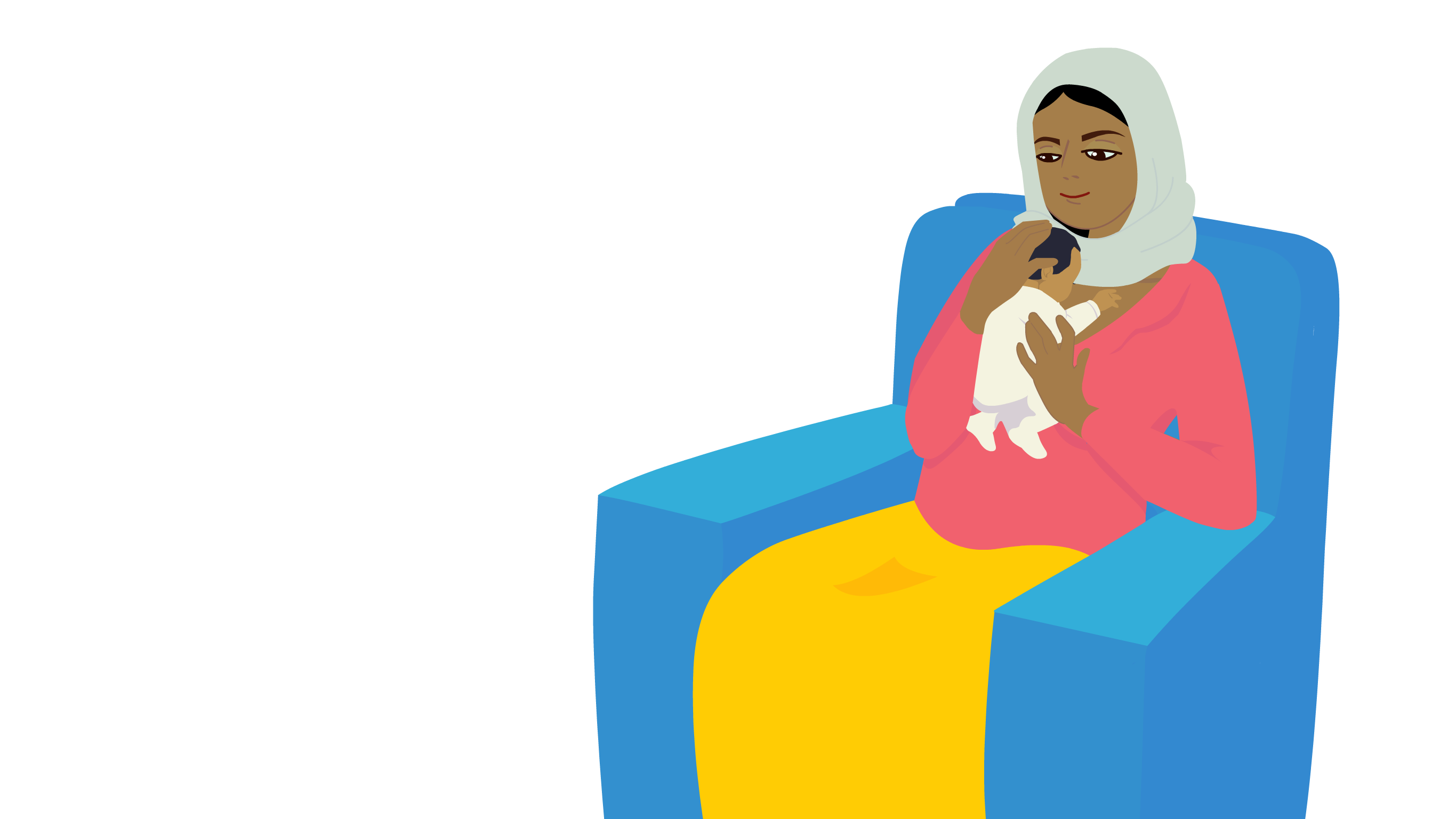
Your breasts will feel soft after a feed.


You may see milk around your baby’s mouth during or after a feed.

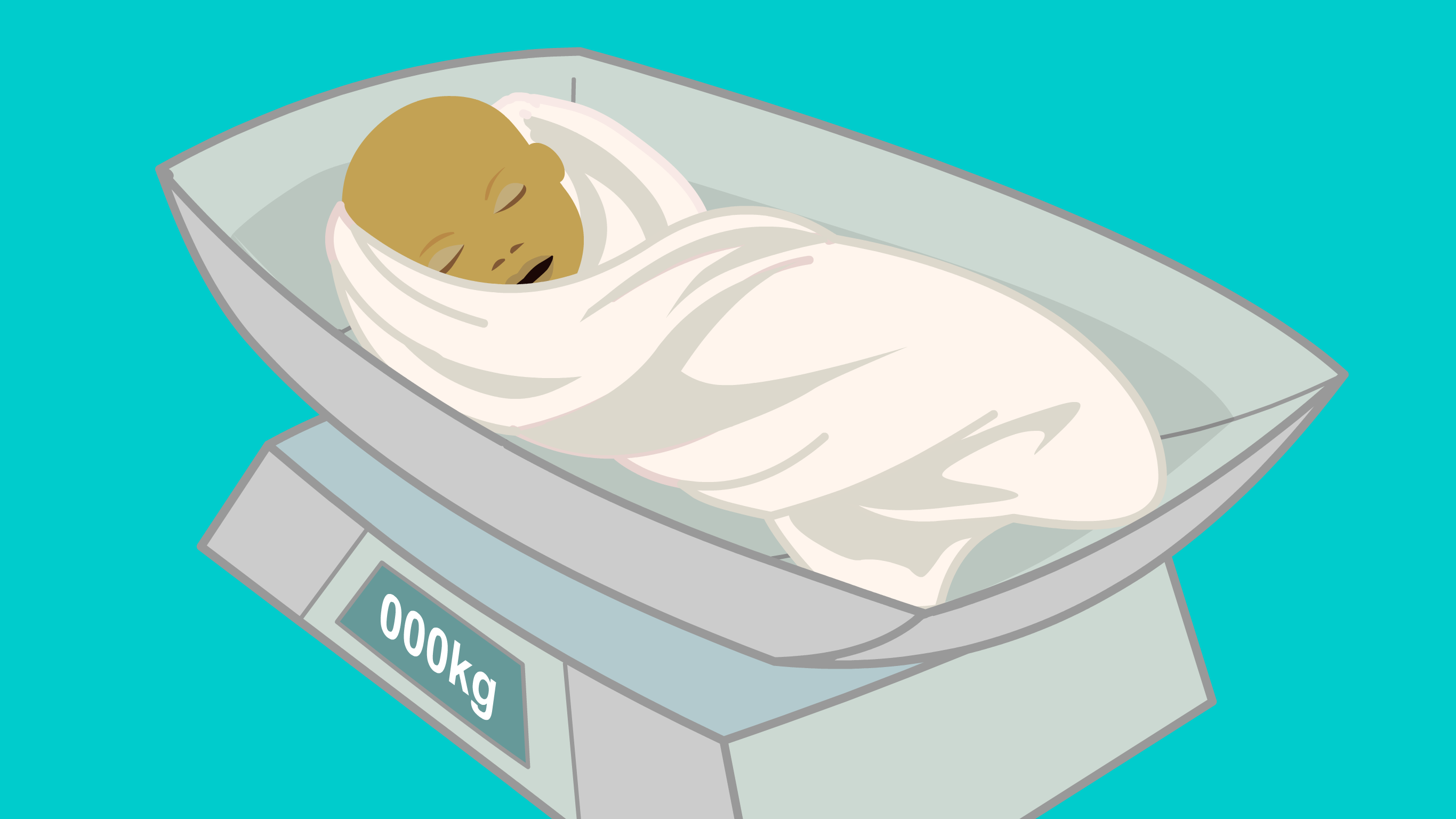
Your baby will also be growing.
Your baby will wee (pass urine) 6 to 8 times a day.

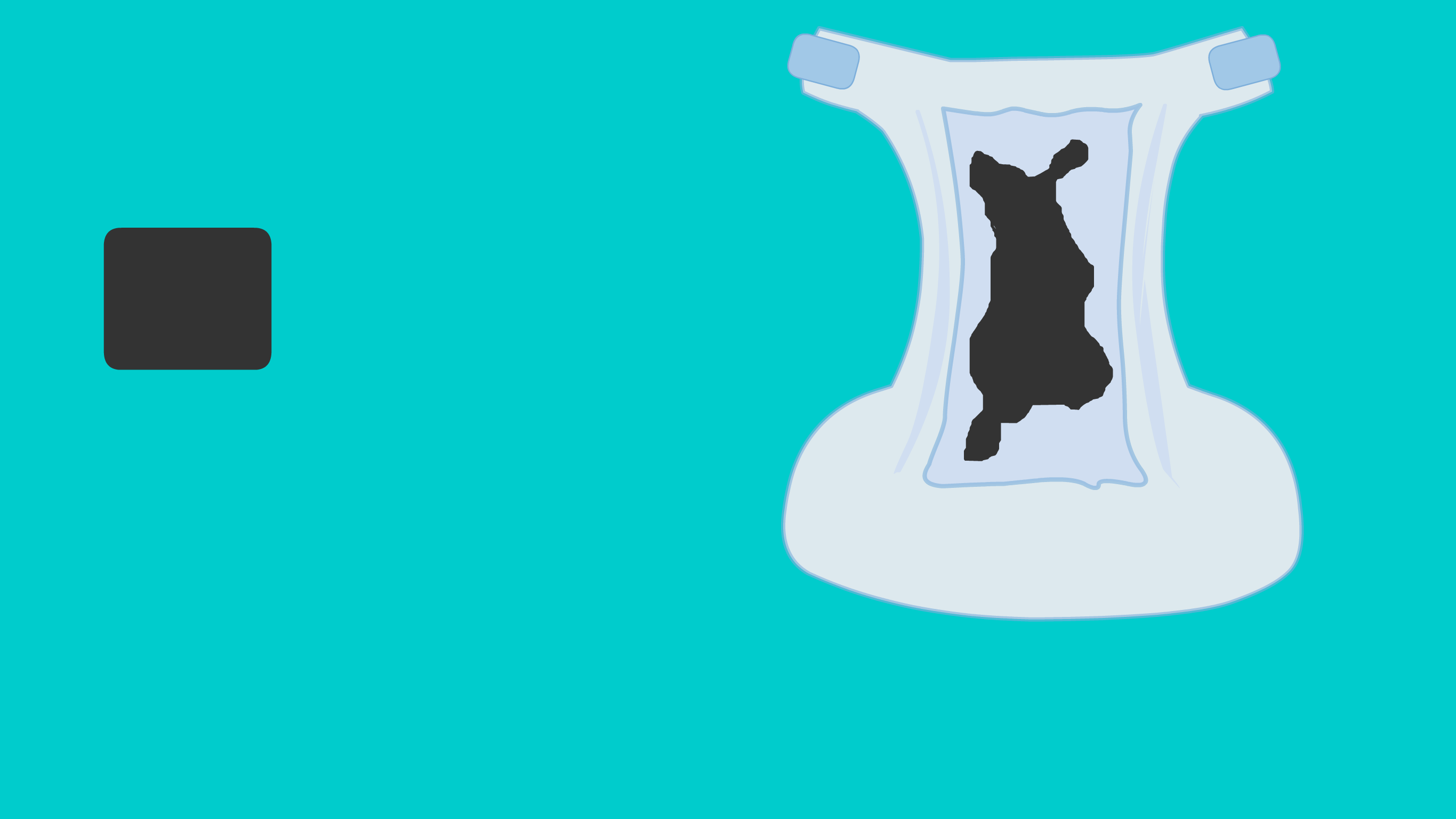
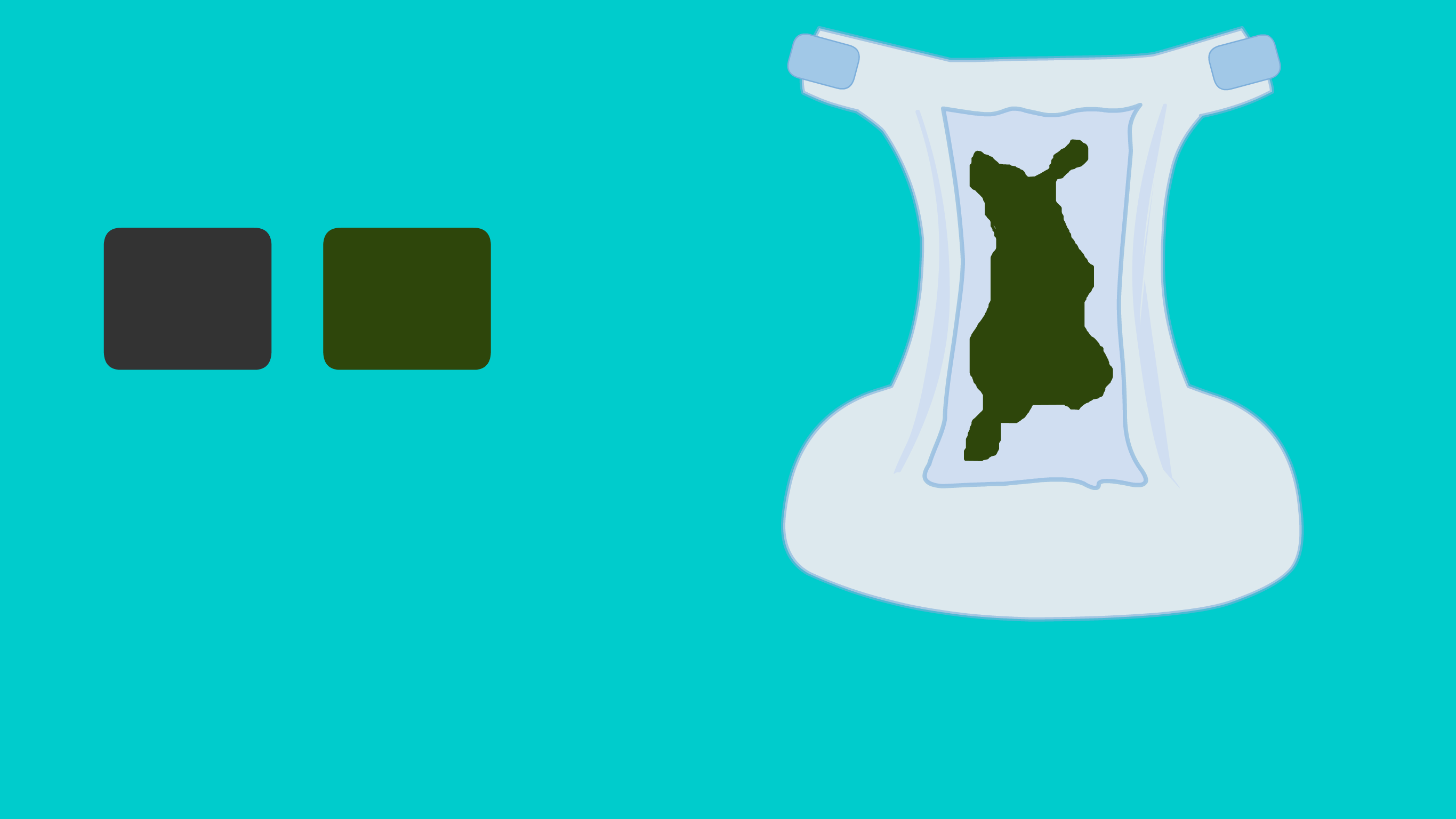
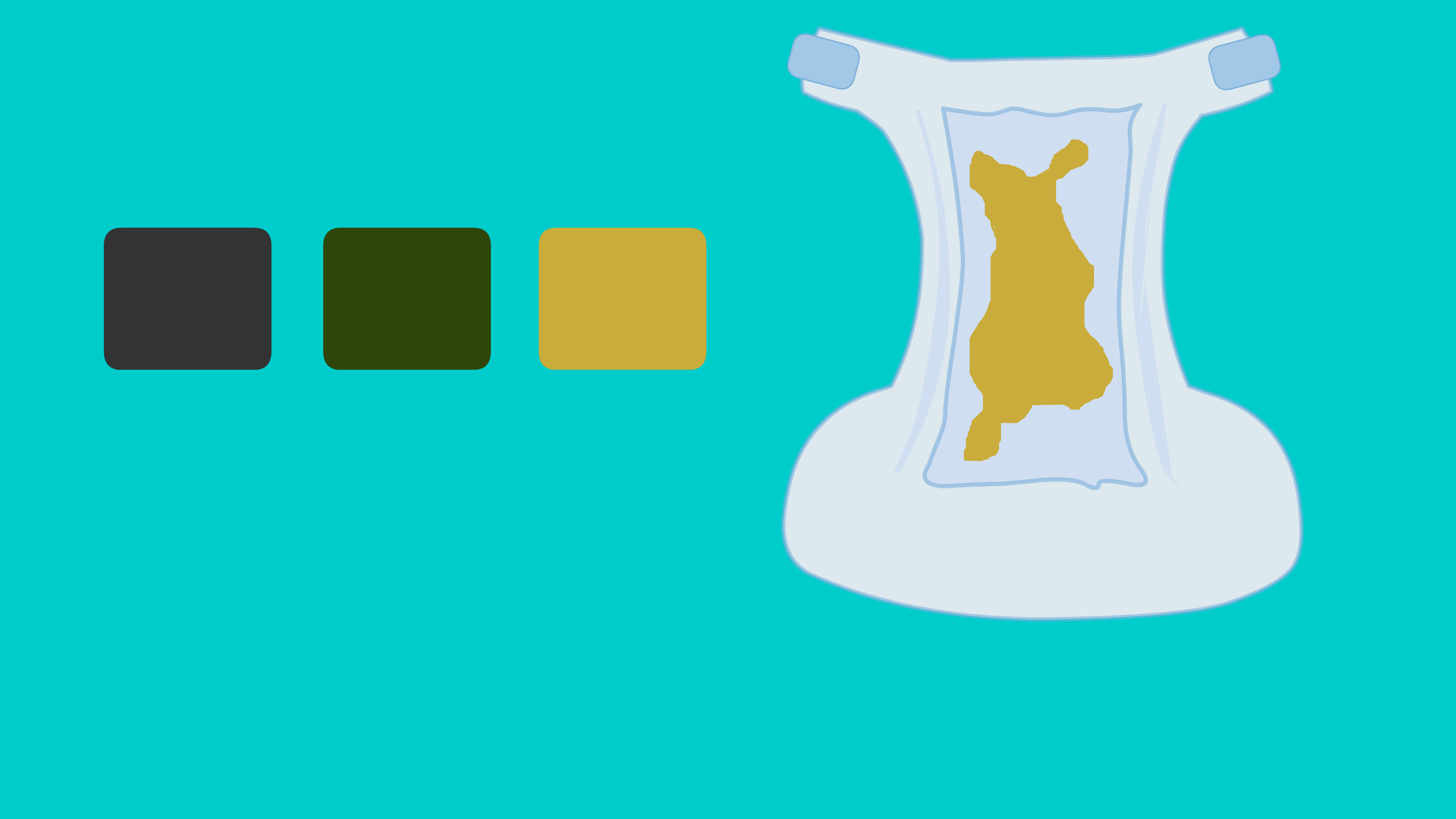
Your baby’s poo (bowel movement) will change color. It will be black and sticky at birth. Then it will turn green. By the time your baby is one week old, its poo will be yellow.

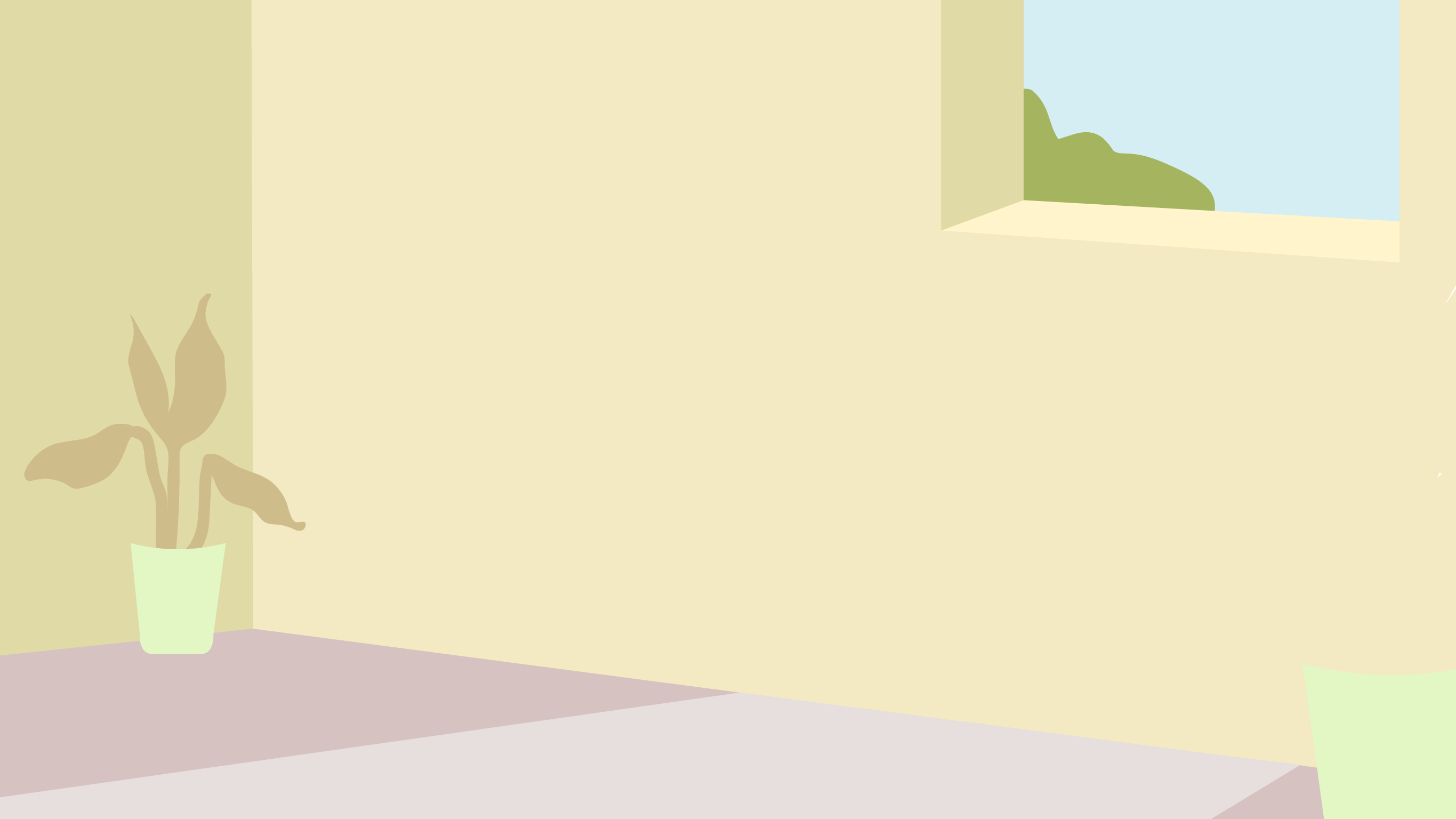
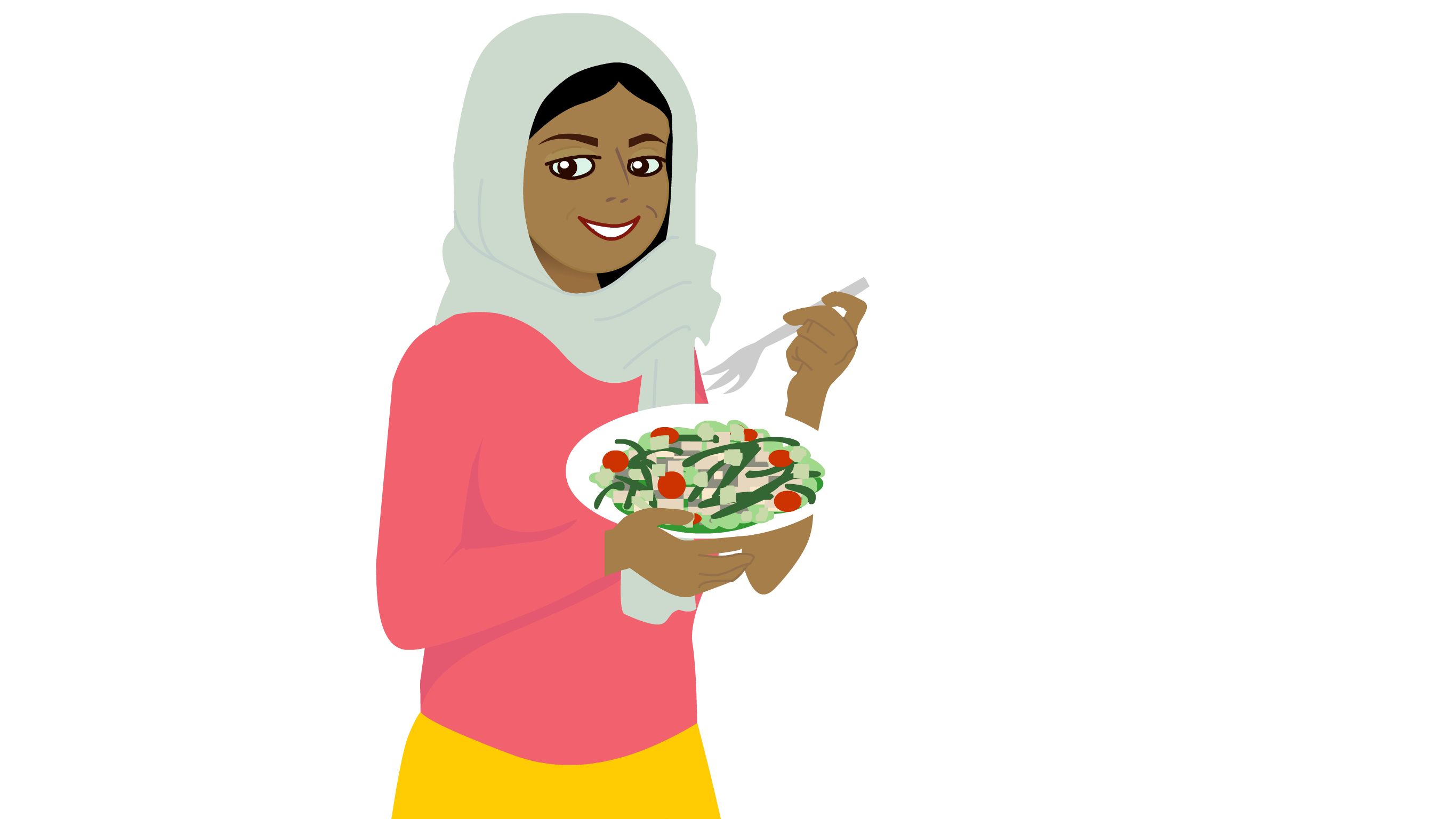
It is important that you eat and drink well when you have a baby, as this will help you to have a good supply of breast milk for your baby and be healthy.

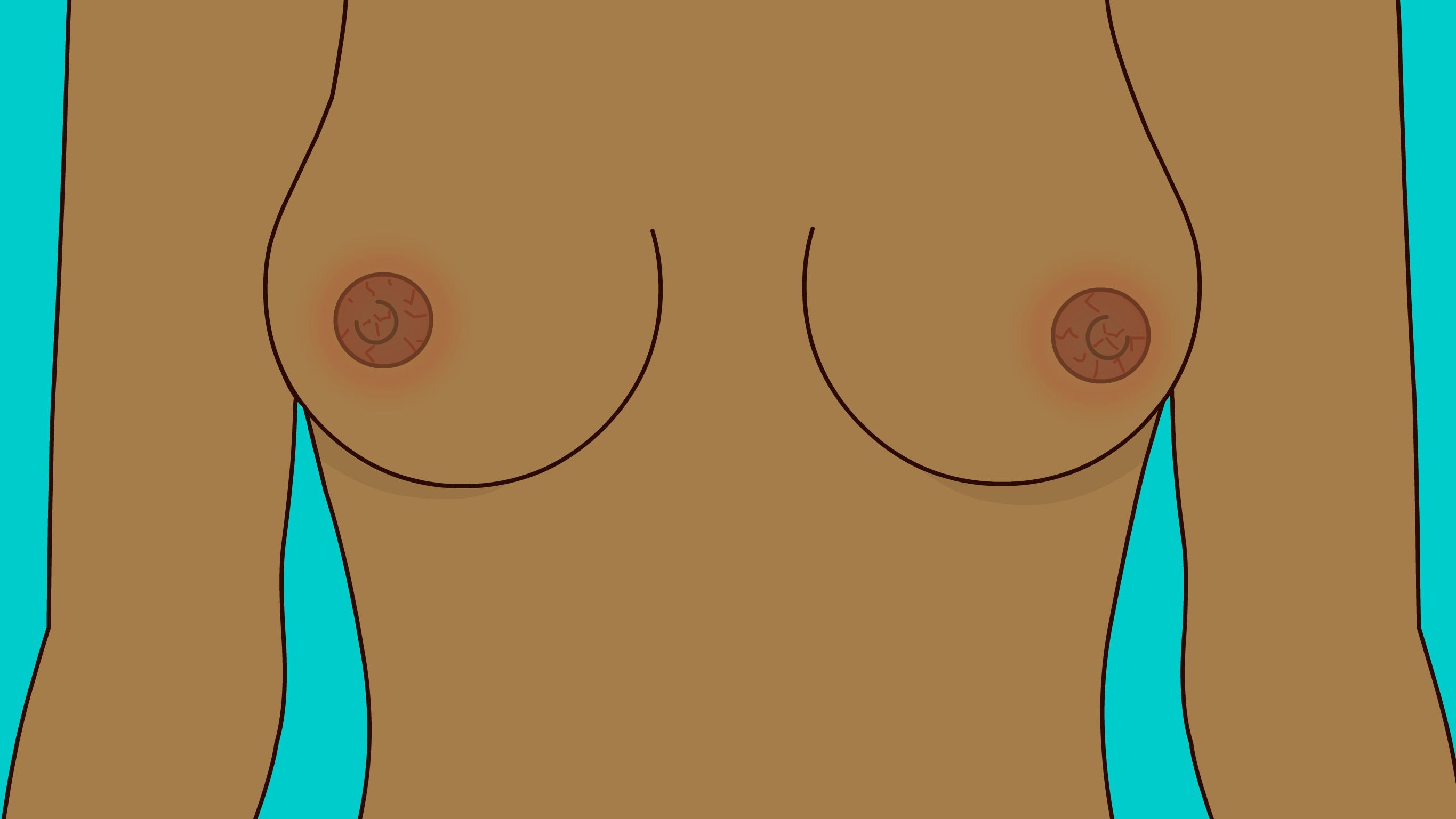
When you first start breastfeeding, you may have some problems, such as sore nipples. This can be normal. However, you should talk to a healthcare worker if you are having any problems, so they can help.


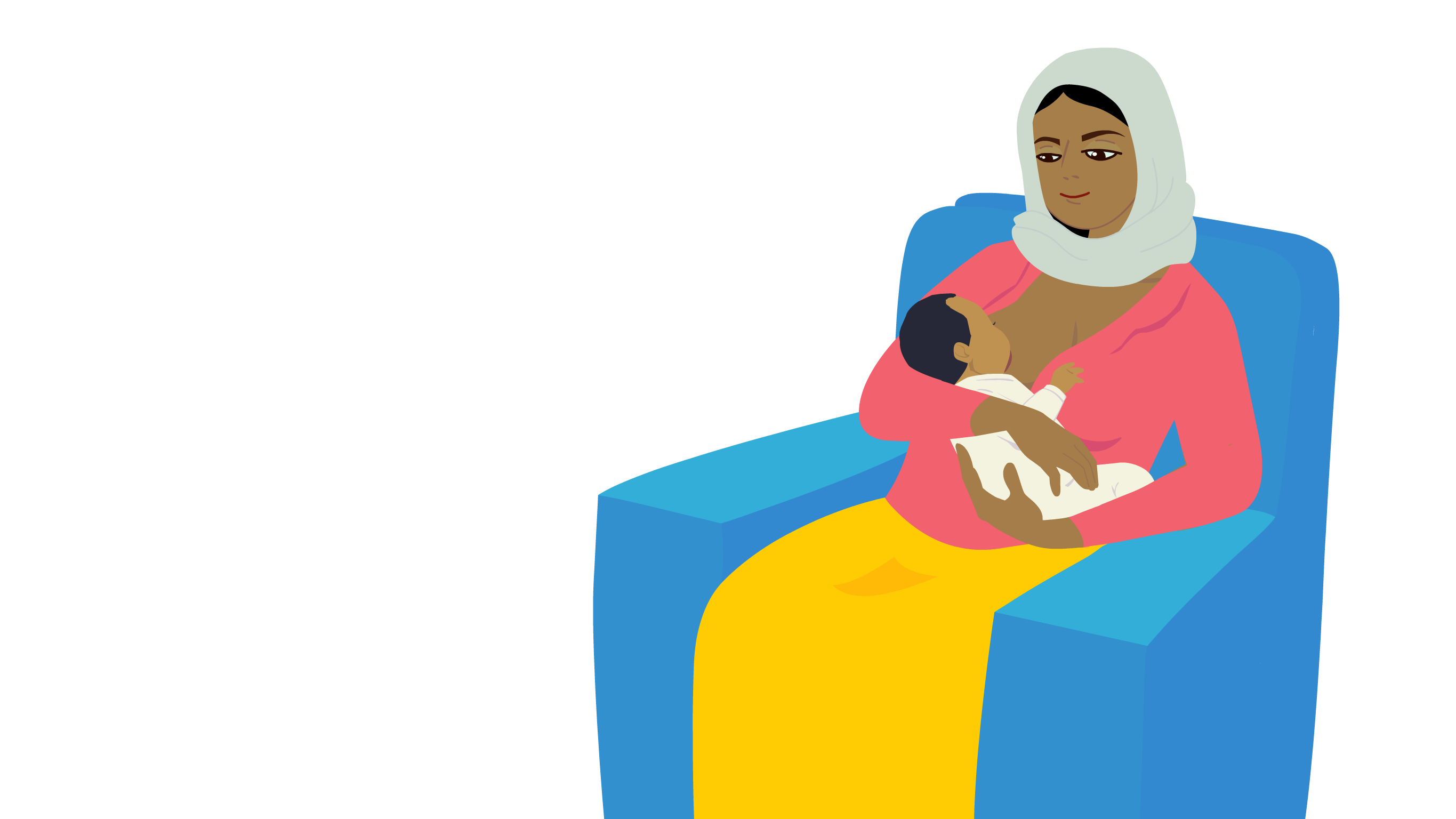
Breastfeeding exclusively for the first 6 months of life helps to keep you and your baby well.

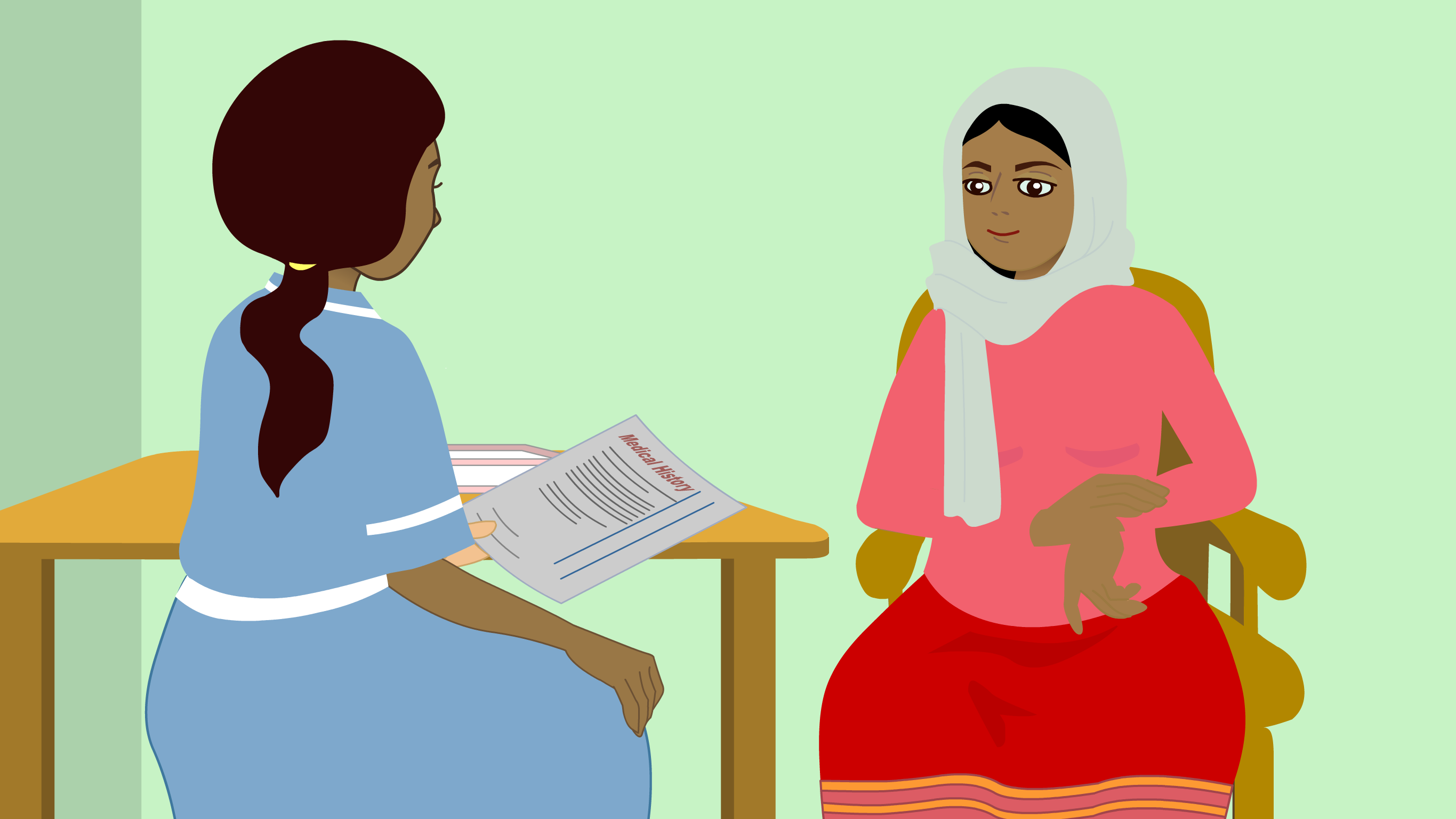
If you need any support with breastfeeding, you should talk to your local healthcare worker.

The authors of this BREASTFEEDING program are:
- Professor Grace Edwards
Adjunct Professor of Midwifery Education and Practice, East Africa – and Visiting Professor, Coventry University, UK - Dr Joanne Welsh
Consultant Midwife, UK
The Welfare of Women program has been created under the General Editorship of Dr Kate Lightly, University of Liverpool, UK and is overseen by an expert International Editorial Board
The cost of producing this resource has been partly funded by an educational grant from GSK
/
